There are many things you might think of when it comes to crime movies.
For some people, the best crime movies are those in which a detective goes on an adventure to solve a mystery and bring justice for the victims.
Other people might prefer more dark and gritty films with brutal violence that show what can happen when someone commits a heinous act.
Regardless of your preference, there is something on this list for everyone!
There are many people who love watching crime movies.
They can be suspenseful and make you want to watch more, or they can just give you a good time.
There are some that stand out above the rest, though.
Here’s a list of seven of the best crime movies ever made!
Best Crime Movies Of All Time
In this article, we will discuss the best crime movies of all time.
We will be taking a look at their plots, actors and actresses in addition to some other features that made them great.
Crime is a reality of life.
It’s not something we talk about because it’s uncomfortable, but if you’re going to entertain yourself, you might as well know what your favorite TV show or movie has in common with real life.
Chinatown (1974)
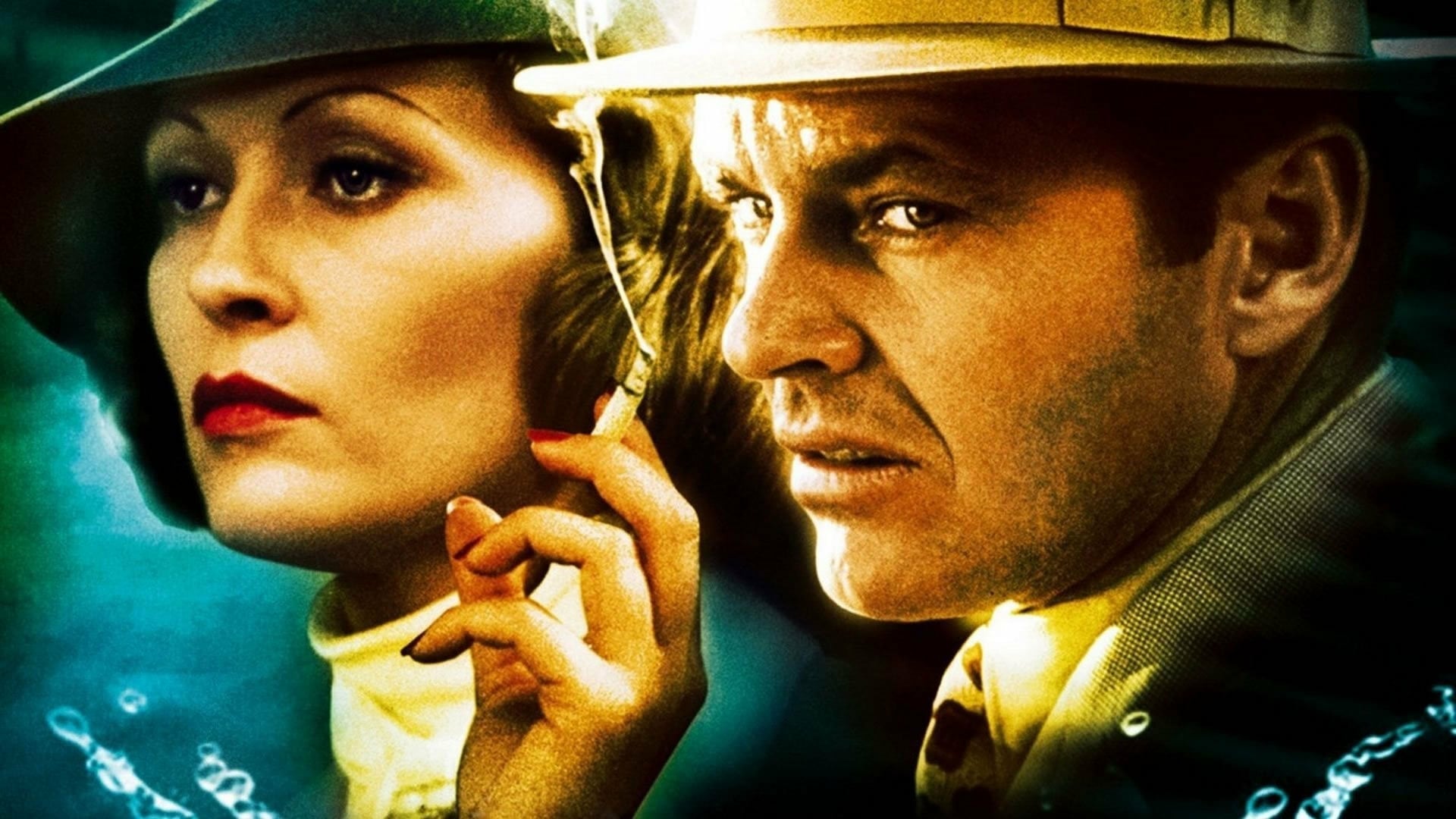
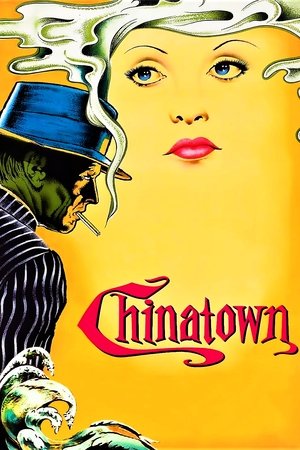
Chinatown
You get tough. You get tender. You get close to each other. Maybe you even get close to the truth.
1974 • 2h 10min • ★ 7.918/10 • United States of America
Directed by: Roman Polanski
Cast: Jack Nicholson, Faye Dunaway, John Huston, Perry Lopez, John Hillerman
Private eye Jake Gittes lives off of the murky moral climate of sunbaked, pre-World War II Southern California. Hired by a beautiful socialite to investigate her husband's extra-marital affair, Gittes is swept into a maelstrom of double dealings and deadly deceits, uncovering a web of personal and political scandals that come crashing together.
Chinatown is a classic film noir that has stood the test of time as one of the greatest films ever made.
Directed by Roman Polanski and starring Jack Nicholson and Faye Dunaway, the film is a
What sets Chinatown apart is its intricate and complex plot, which weaves together a web of corruption, deceit, and murder in 1930s Los Angeles.
The film’s use of suspense and tension is masterful, with each twist and turn of the plot keeping the viewer on the edge of their seat.
The film’s strength also lies in its superb performances, with Jack Nicholson delivering a career-defining performance as the hard-boiled private investigator, J.J. Gittes.
Faye Dunaway is equally impressive as the enigmatic and troubled Evelyn Mulwray, and the chemistry between the two leads is electric.
But what really sets Chinatown apart is its exploration of the darker aspects of human nature, and its commentary on power, corruption, and the abuse of authority.
The film’s memorable and haunting ending is a reflection of the bleak and cynical worldview of the film, and serves as a powerful commentary on the nature of justice and morality.
- Jack Nicholson, Faye Dunaway, John Huston (Actors)
- Roman Polanski (Director)
The Godfather (1972)
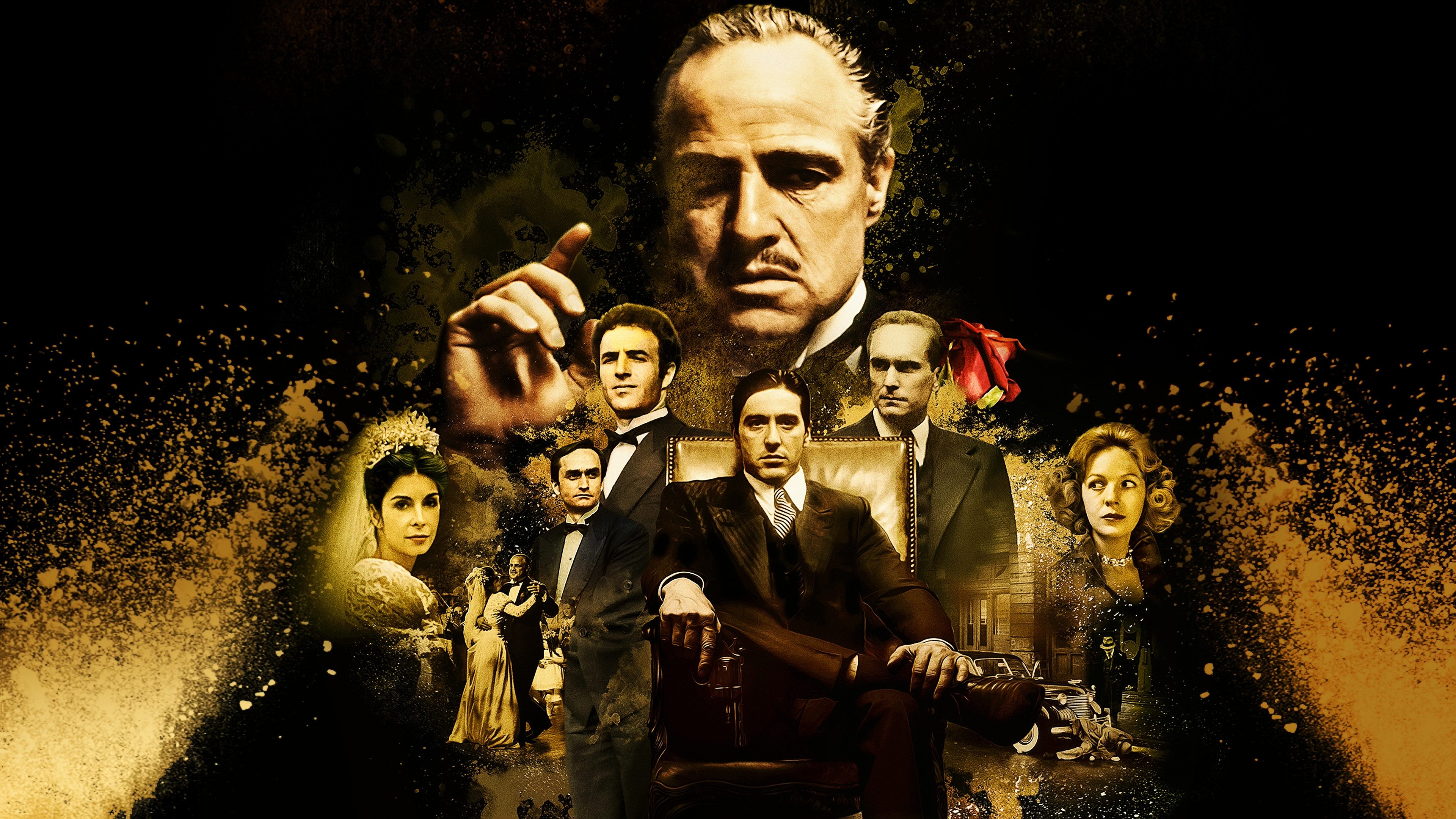

The Godfather
An offer you can't refuse.
1972 • 2h 55min • ★ 8.688/10 • United States of America
Directed by: Francis Ford Coppola
Cast: Marlon Brando, Al Pacino, James Caan, Robert Duvall, Richard S. Castellano
Spanning the years 1945 to 1955, a chronicle of the fictional Italian-American Corleone crime family. When organized crime family patriarch, Vito Corleone barely survives an attempt on his life, his youngest son, Michael steps in to take care of the would-be killers, launching a campaign of bloody revenge.
The Godfather is widely regarded as one of the greatest films of all time, and for good reason.
Directed by Francis Ford Coppola and starring Marlon Brando, Al Pacino, and James Caan, the film is a
What sets The Godfather apart is its exploration of family, loyalty, and the corrupting influence of power.
The film’s portrayal of the Italian-American mafia is both fascinating and complex, with the characters and their relationships depicted in a nuanced and realistic way.
The film’s strength lies in its outstanding performances, with Marlon Brando delivering a career-defining performance as the patriarch of the Corleone family, Vito Corleone.
Al Pacino is equally impressive as the reluctant heir to the family business, Michael Corleone, and the chemistry between the two leads is electric.
But what really sets The Godfather apart is its richly drawn characters and its exploration of the human psyche.
The film’s themes of power, loyalty, and betrayal are timeless and universal, and the film remains as relevant today as it was when it was first released.
- The Godfather [Blu-ray] [1972] In Good Condition
BEST CRIME MOVIES
What Are Crime Movies?
Crime movies are a genre of film in which the primary focus is on crime.
These films may be about gangsters and thieves, cops and robbers, or just regular people struggling with life’s challenges.
The goal of these movies is to entertain an audience by either telling a story that features crimes as its central theme or by depicting the consequences of criminal actions.
The Godfather Part II (1974)
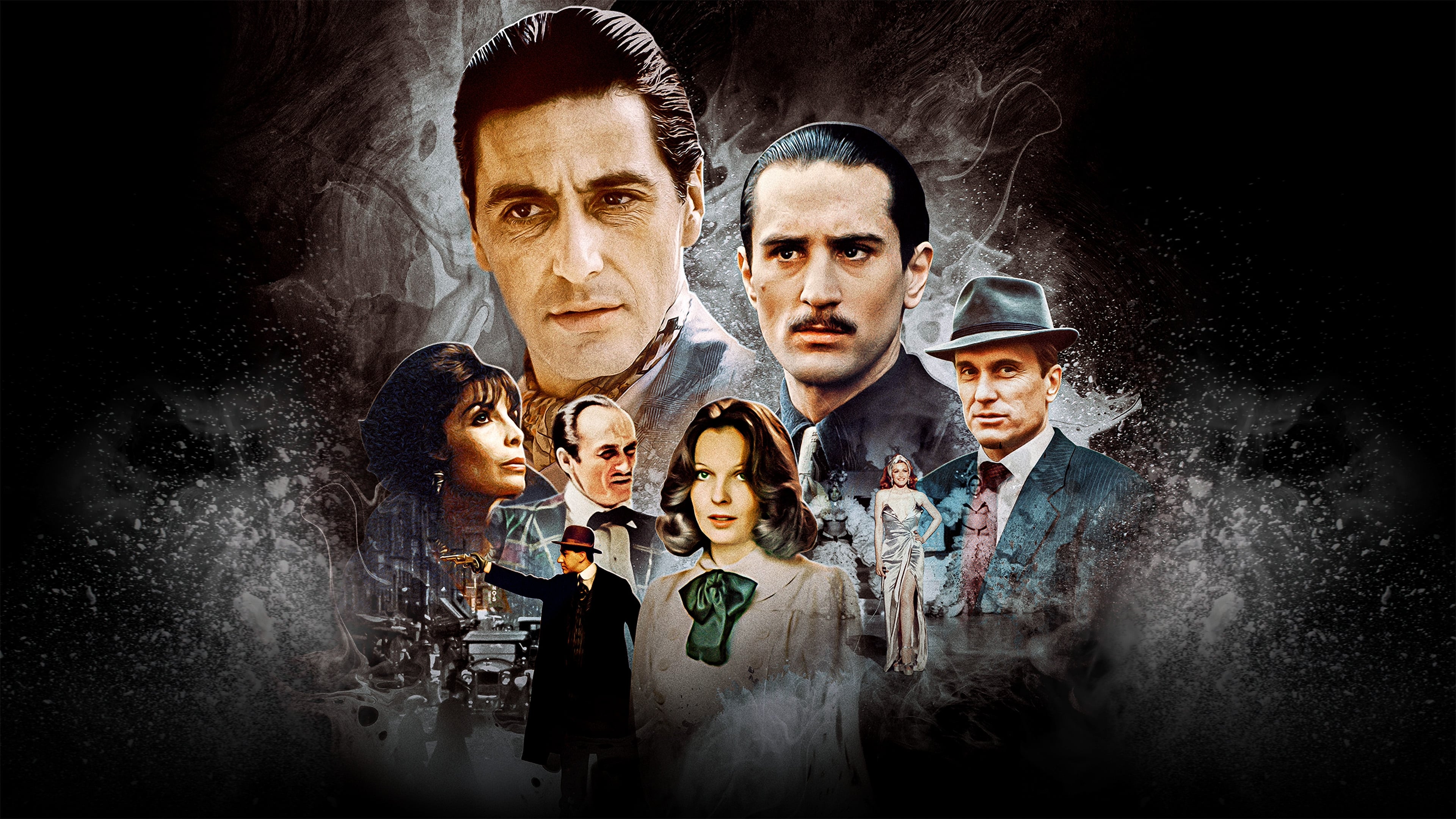
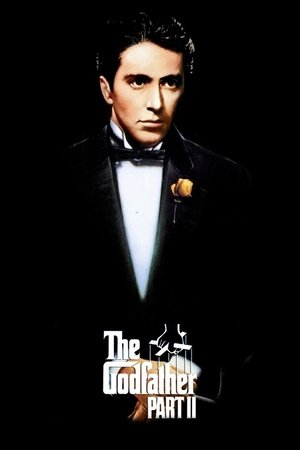
The Godfather Part II
The rise and fall of the Corleone empire.
1974 • 3h 22min • ★ 8.571/10 • United States of America
Directed by: Francis Ford Coppola
Cast: Al Pacino, Robert Duvall, Diane Keaton, Robert De Niro, John Cazale
In the continuing saga of the Corleone crime family, a young Vito Corleone grows up in Sicily and in 1910s New York. In the 1950s, Michael Corleone attempts to expand the family business into Las Vegas, Hollywood and Cuba.
The Godfather Part II is a rare sequel that lives up to the standard set by its predecessor.
Directed by Francis Ford Coppola and starring Al Pacino, Robert De Niro, and Robert Duvall, the film is a masterful continuation of the saga of the Corleone family.
What sets The Godfather Part II apart is its ambitious scope and its exploration of the themes of power, family, and corruption.
The film’s dual narrative structure, which follows both the rise of Vito Corleone and the fall of his son Michael, is expertly executed and gives the film a depth and complexity that few sequels can match.
The film’s strength lies in its outstanding performances, with Al Pacino delivering a powerful and nuanced portrayal of Michael Corleone, and Robert De Niro bringing a quiet intensity to the role of a young Vito Corleone.
The supporting cast is equally impressive, with Robert Duvall, John Cazale, and Diane Keaton all delivering memorable performances.
But what really sets The Godfather Part II apart is its exploration of the human psyche and its commentary on the corrupting influence of power.
The film’s themes are timeless and universal, and its portrayal of the dark side of the American Dream remains as relevant today as it was when the film was first released.
- The disk has English audio.
- Al Pacino, John Cazale, Giuseppe Sillato (Actors)
- Francis Ford Coppola (Director)
- French, Spanish, Portuguese (Subtitles)
- Audience Rating: R (Restricted)
Fargo (1996)

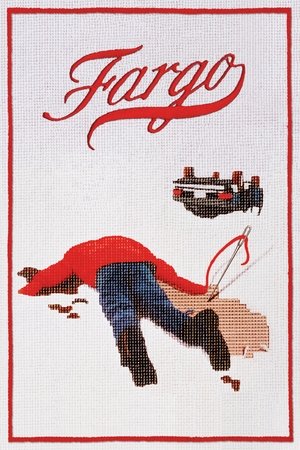
Fargo
A homespun murder story.
1996 • 1h 38min • ★ 7.853/10 • United Kingdom
Directed by: Joel Coen
Cast: Frances McDormand, William H. Macy, Steve Buscemi, Peter Stormare, Harve Presnell
Jerry, a small-town Minnesota car salesman is bursting at the seams with debt... but he's got a plan. He's going to hire two thugs to kidnap his wife in a scheme to collect a hefty ransom from his wealthy father-in-law. It's going to be a snap and nobody's going to get hurt... until people start dying. Enter Police Chief Marge, a coffee-drinking, parka-wearing - and extremely pregnant - investigator who'll stop at nothing to get her man. And if you think her small-time investigative skills will give the crooks a run for their ransom... you betcha!
Fargo is a darkly comedic masterpiece from the Coen Brothers, starring Frances McDormand, William H.
Macy, and Steve Buscemi.
The film is a unique blend of suspense, humor, and tragedy, and is a testament to the Coen Brothers’ skill as filmmakers.
What sets Fargo apart is its unique setting and its exploration of the dark side of small-town life.
The film takes place in the frozen tundra of Minnesota, and the cold and desolate landscape serves as the perfect backdrop for the film’s bleak and twisted story.
The film’s strength lies in its outstanding performances, with Frances McDormand delivering a career-defining performance as Marge Gunderson, a pregnant police chief investigating a string of murders.
William H. Macy is equally impressive as Jerry Lundegaard, a down-on-his-luck car salesman who sets the events of the film in motion.
But what really sets Fargo apart is its darkly humorous tone and its exploration of the human psyche.
The film’s themes of greed, desperation, and the corrupting influence of power are expertly woven into the narrative, and the film’s shocking conclusion is both tragic and cathartic.
- Frances McDormand, Larry Brandenburg, William H. Macy (Actors)
- Joel Coen (Director) - Ethan Coen (Producer)
- Croatian, Czech, Dutch, French, German (Subtitles)
- Croatian (Publication Language)
Scarface (1983)
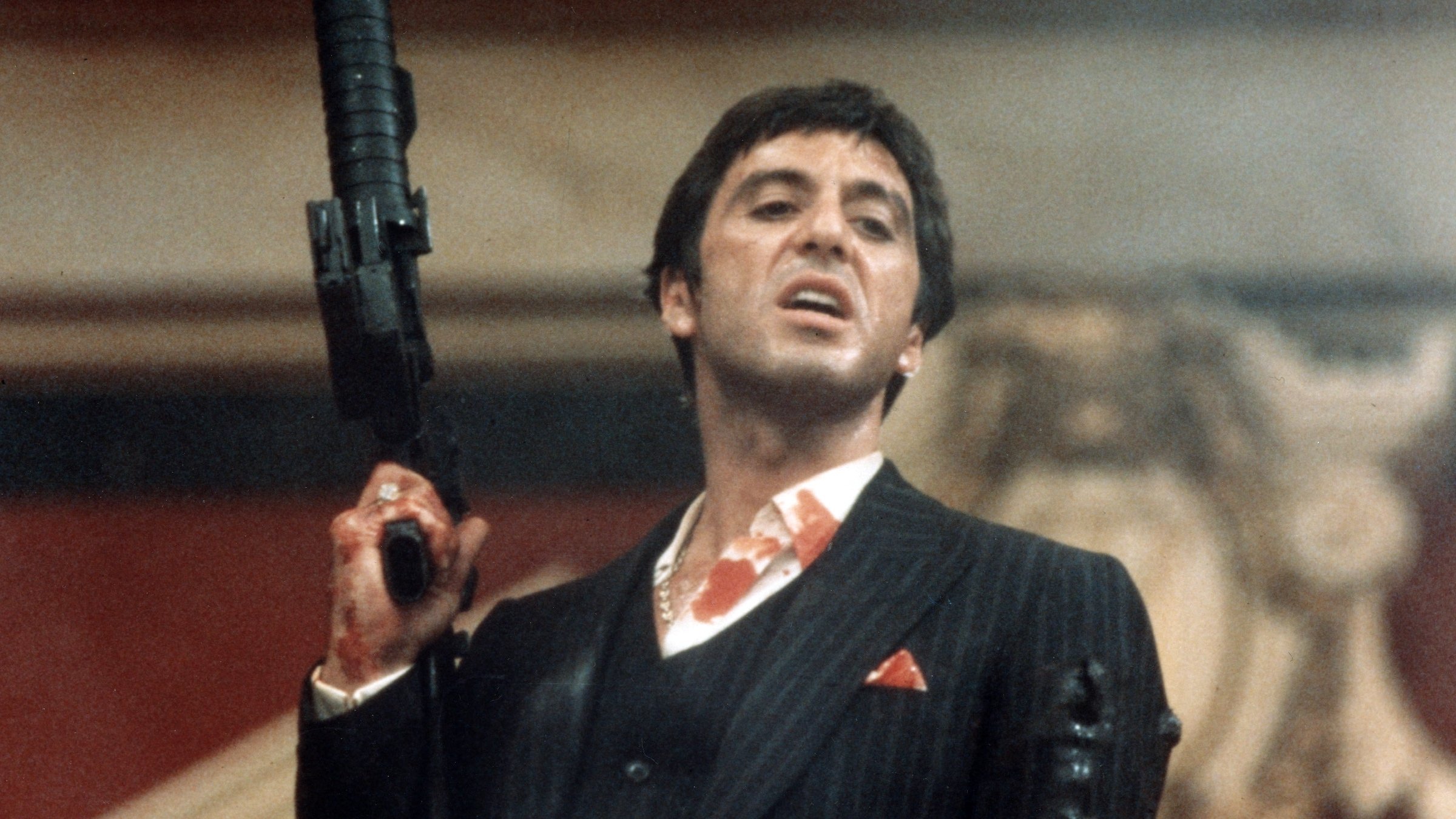
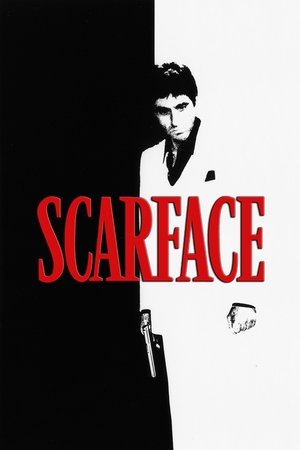
Scarface
He loved the American Dream. With a vengeance.
1983 • 2h 50min • ★ 8.161/10 • United States of America
Directed by: Brian De Palma
Cast: Al Pacino, Steven Bauer, Michelle Pfeiffer, Mary Elizabeth Mastrantonio, Robert Loggia
After getting a green card in exchange for assassinating a Cuban government official, Tony Montana stakes a claim on the drug trade in Miami. Viciously murdering anyone who stands in his way, Tony eventually becomes the biggest drug lord in the state, controlling nearly all the cocaine that comes through Miami. But increased pressure from the police, wars with Colombian drug cartels and his own drug-fueled paranoia serve to fuel the flames of his eventual downfall.
Scarface is a classic crime drama directed by Brian De Palma and starring Al Pacino, Michelle Pfeiffer, and Steven Bauer.
The film is a gritty and unflinching look at the American Dream and the lengths one man will go to achieve it.
What sets Scarface apart is its unapologetic portrayal of violence and its exploration of the dark side of the American Dream.
The film tells the story of Tony Montana, a Cuban refugee who rises to the top of the drug trade in Miami in the 1980s.
Al Pacino’s performance as Tony is nothing short of iconic, and his transformation from a small-time criminal to a ruthless drug lord is both mesmerizing and terrifying.
The film’s strength lies in its unflinching portrayal of the violence and corruption that permeate the world of organized crime.
The film is a brutal and uncompromising look at the cost of power and the toll that it takes on those who seek it.
But what really sets Scarface apart is its exploration of the immigrant experience and the struggle for the American Dream.
The film is a powerful commentary on the American Dream and the lengths that people will go to achieve it, even at the expense of their own humanity.
- Al Pacino, Michelle Pfeiffer, Steven Bauer (Actors)
- Brian De Palma (Director) - Oliver Stone (Writer) - Martin Bregman (Producer)
- Audience Rating: R (Restricted)
Pulp Fiction (1994)
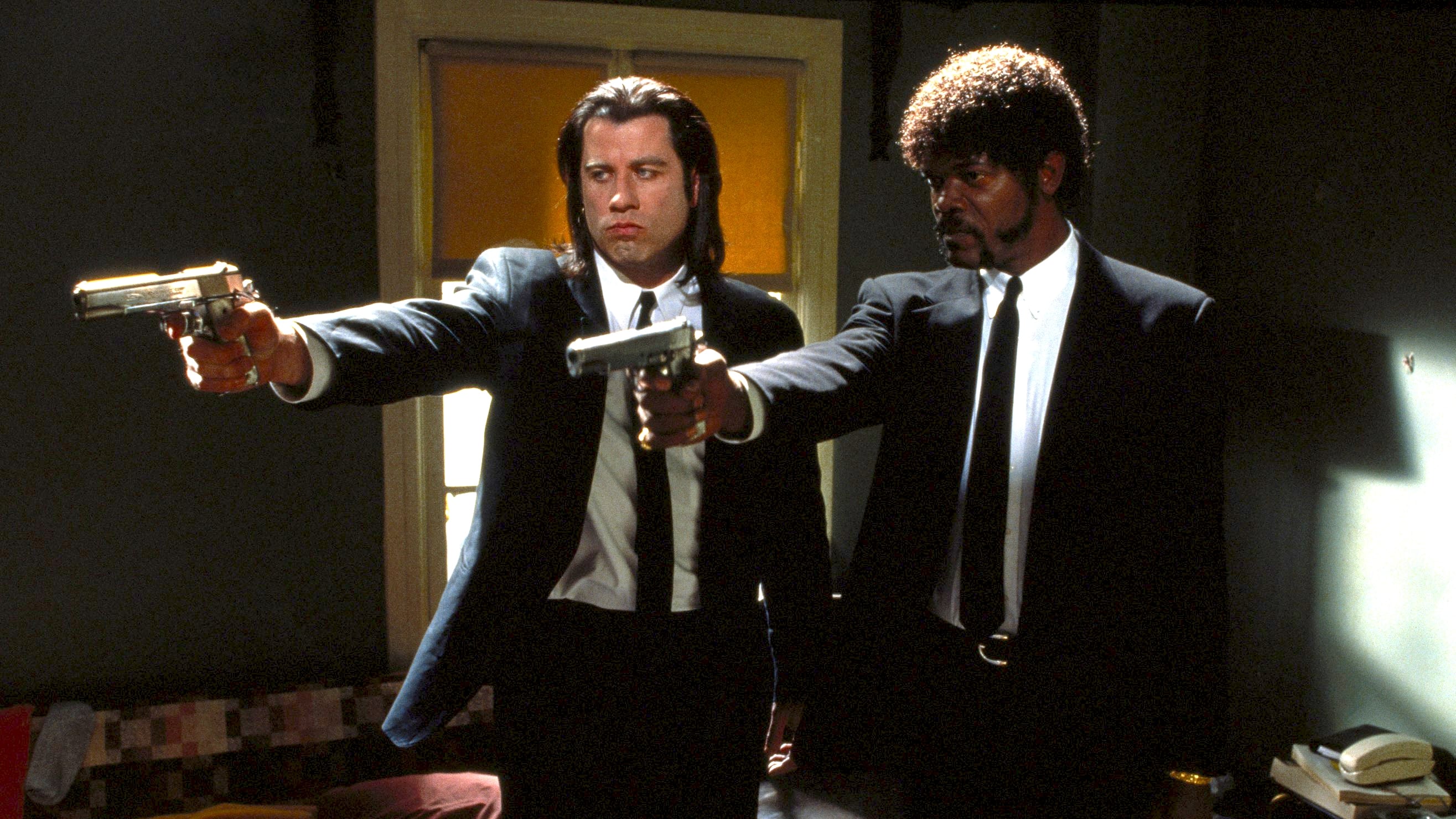

Pulp Fiction
Violence. Redemption. Cheeseburgers
1994 • 2h 34min • ★ 8.489/10 • United States of America
Directed by: Quentin Tarantino
Cast: John Travolta, Samuel L. Jackson, Uma Thurman, Bruce Willis, Ving Rhames
A burger-loving hit man, his philosophical partner, a drug-addled gangster's moll and a washed-up boxer converge in this sprawling, comedic crime caper. Their adventures unfurl in three stories that ingeniously trip back and forth in time.
Pulp Fiction is a cult classic directed by Quentin Tarantino and starring John Travolta, Samuel L. Jackson, and Uma Thurman.
The film is a masterpiece of nonlinear storytelling, black comedy, and pop culture references that has left an indelible mark on the world of cinema.
What sets Pulp Fiction apart is its unique structure and its exploration of the seedy underbelly of Los Angeles.
The film weaves together several interlocking stories, jumping back and forth in time to create a tapestry of characters and events that is both mesmerizing and unforgettable.
The film’s strength lies in its outstanding performances, with John Travolta and Samuel L.
Jackson delivering career-defining performances as hitmen Vincent Vega and Jules Winnfield.
Uma Thurman is equally impressive as Mia Wallace, the wife of a powerful gangster who becomes entangled in Vincent’s world.
But what really sets Pulp Fiction apart is its unique blend of black comedy, violence, and pop culture references.
The film is a love letter to the world of pulp fiction and B-movies, and its constant barrage of pop culture references and witty dialogue make it a film that rewards repeat viewings.
Pulp Fiction is a true masterpiece of filmmaking, with its expertly crafted storytelling, outstanding performances, and unique style making it a film that stands the test of time.
If you’re a fan of Quentin Tarantino’s work or simply appreciate great filmmaking, Pulp Fiction is a must-see film.
- Pulp Fiction (1994) ( Black Mask )
- Pulp Fiction (1994)
- Black Mask
- Tim Roth, Amanda Plummer, Eric Stoltz (Actors)
- Quentin Tarantino (Director) - Pulp Fiction (1994) ( Black Mask ) (Producer)
Reservoir Dogs (1992)
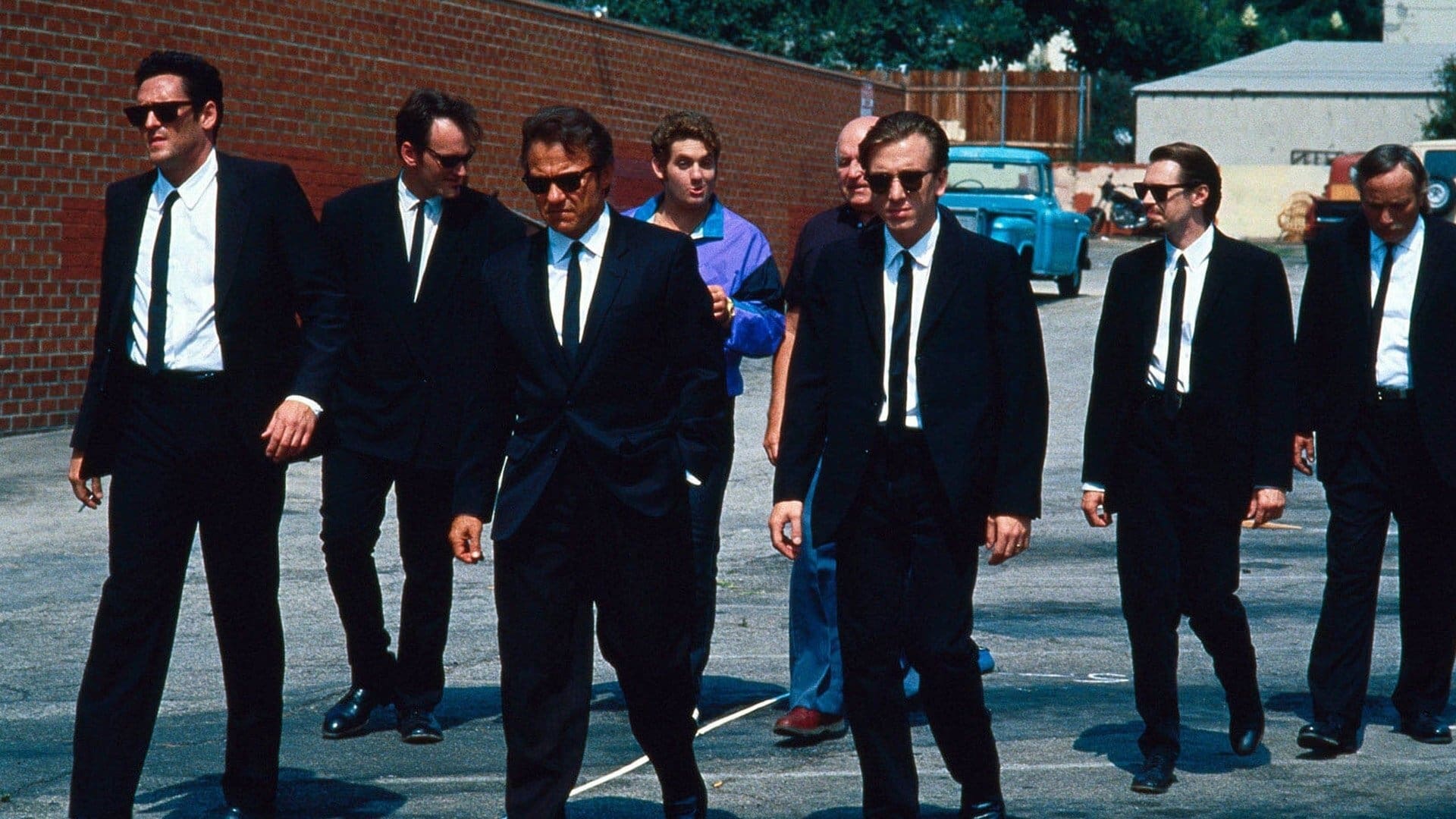
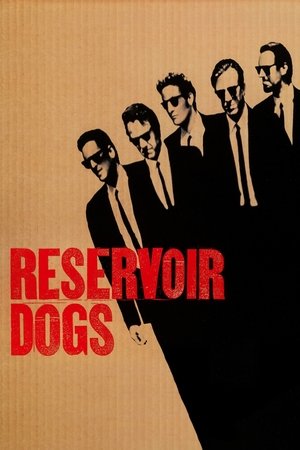
Reservoir Dogs
Every dog has his day.
1992 • 1h 39min • ★ 8.119/10 • United States of America
Directed by: Quentin Tarantino
Cast: Harvey Keitel, Tim Roth, Michael Madsen, Chris Penn, Steve Buscemi
A botched robbery indicates a police informant, and the pressure mounts in the aftermath at a warehouse. Crime begets violence as the survivors -- veteran Mr. White, newcomer Mr. Orange, psychopathic parolee Mr. Blonde, bickering weasel Mr. Pink and Nice Guy Eddie -- unravel.
Reservoir Dogs is a crime thriller directed by Quentin Tarantino and starring Harvey Keitel, Tim Roth, and Michael Madsen.
The film is a
What sets Reservoir Dogs apart is its minimalist approach to storytelling and its exploration of the criminal underworld.
The film tells the story of a group of criminals who come together for a diamond heist, only for things to go horribly wrong.
The film’s strength lies in its expertly crafted dialogue and its ability to build tension and suspense without relying on flashy action sequences.
The film’s standout performances come from Harvey Keitel and Tim Roth, who play Mr. White and Mr. Orange, respectively.
Their complex relationship and the revelation of Mr. Orange’s true identity are some of the film’s most memorable moments.
Michael Madsen’s portrayal of Mr. Blonde is also unforgettable, with his brutal torture scene becoming one of the most iconic moments in the history of cinema.
But what really sets Reservoir Dogs apart is its unique structure, with the film jumping back and forth in time to explore the characters and events leading up to the heist.
The nonlinear storytelling creates a sense of unease and uncertainty, with the audience never quite sure what’s going to happen next.
- A gang of thieves carry out an armed robbery on a Diamond warehouse. The police are after them so...
- Kirk Baltz, Randy Brooks, Edward Bunker (Actors)
- Quentin Tarantino (Director) - Quentin Tarantino (Writer)
- English, Spanish (Subtitles)
- English (Publication Language)
Heat (1995)
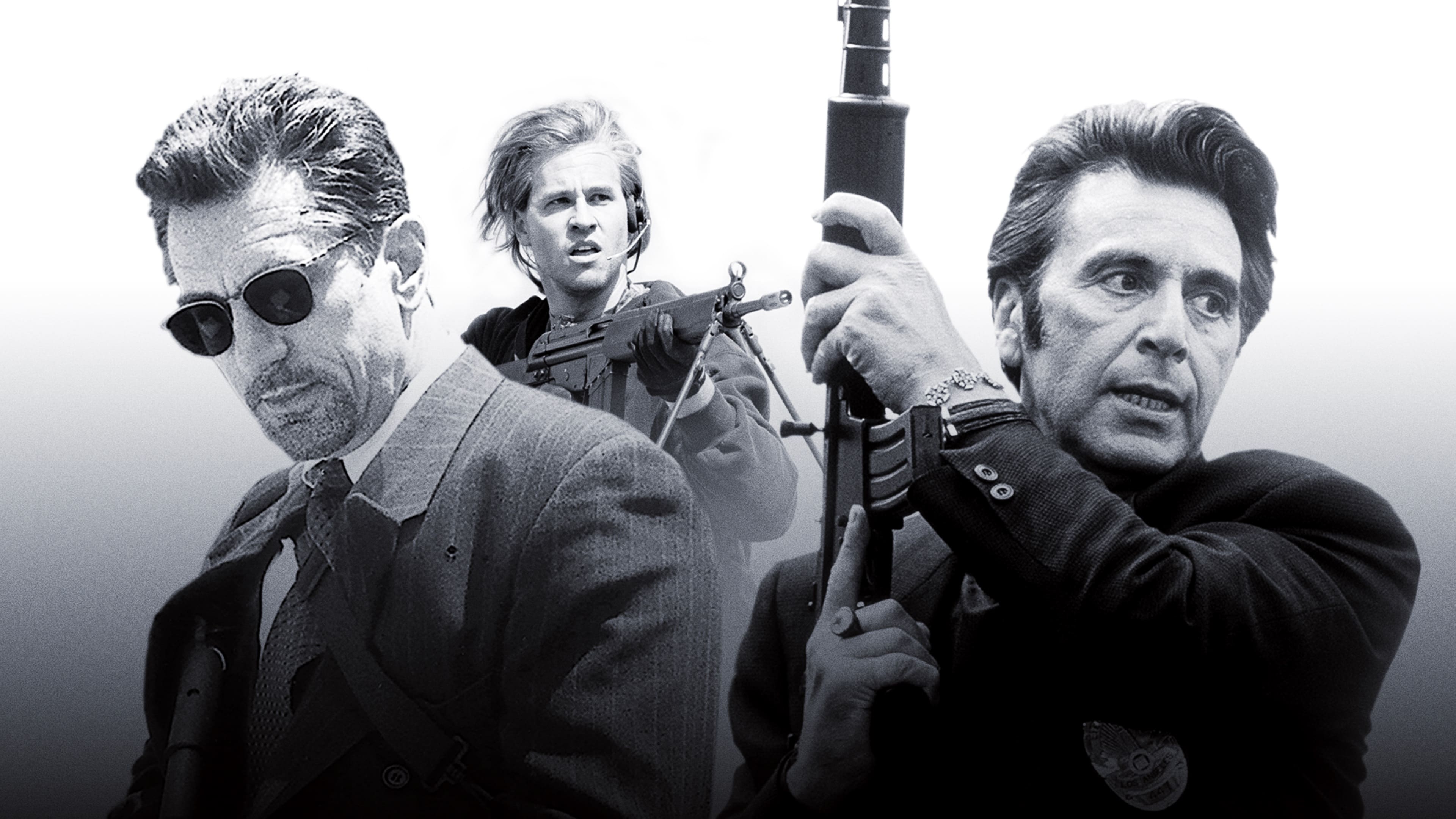
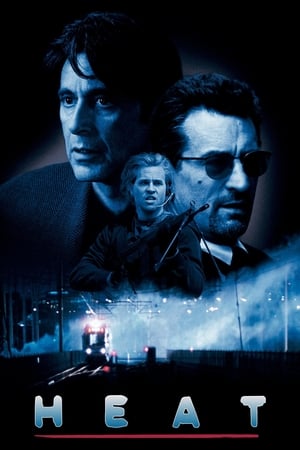
Heat
A Los Angeles crime saga.
1995 • 2h 50min • ★ 7.921/10 • United States of America
Directed by: Michael Mann
Cast: Al Pacino, Robert De Niro, Val Kilmer, Jon Voight, Tom Sizemore
Obsessive master thief Neil McCauley leads a top-notch crew on various daring heists throughout Los Angeles while determined detective Vincent Hanna pursues him without rest. Each man recognizes and respects the ability and the dedication of the other even though they are aware their cat-and-mouse game may end in violence.
Heat is a crime thriller directed by Michael Mann and starring Robert De Niro, Al Pacino, and Val Kilmer.
The film is a masterful exploration of the criminal underworld and the lives of those who inhabit it.
What sets Heat apart is its expertly crafted storytelling and its exploration of the complex relationships between its characters.
The film tells the story of a group of professional criminals who come together for a daring heist, only to find themselves pursued by a relentless detective determined to bring them to justice.
The film’s standout performances come from Robert De Niro and Al Pacino, who play the criminal mastermind Neil McCauley and the detective Vincent Hanna, respectively.
Their complex relationship and the cat-and-mouse game they play throughout the film are some of the most memorable moments in the history of cinema.
But what really sets Heat apart is its stunning action sequences, particularly the heist scene and the epic shootout on the streets of Los Angeles.
The film’s use of sound and music is also exceptional, with the intense soundtrack adding to the tension and excitement of the action sequences.
- The disk has English audio.
- Al Pacino, Robert De Niro (Actors)
- Michael Mann (Director)
- German, French, Spanish (Subtitles)
- Audience Rating: PG-13 (Parents Strongly Cautioned)
The Usual Suspects (1995)
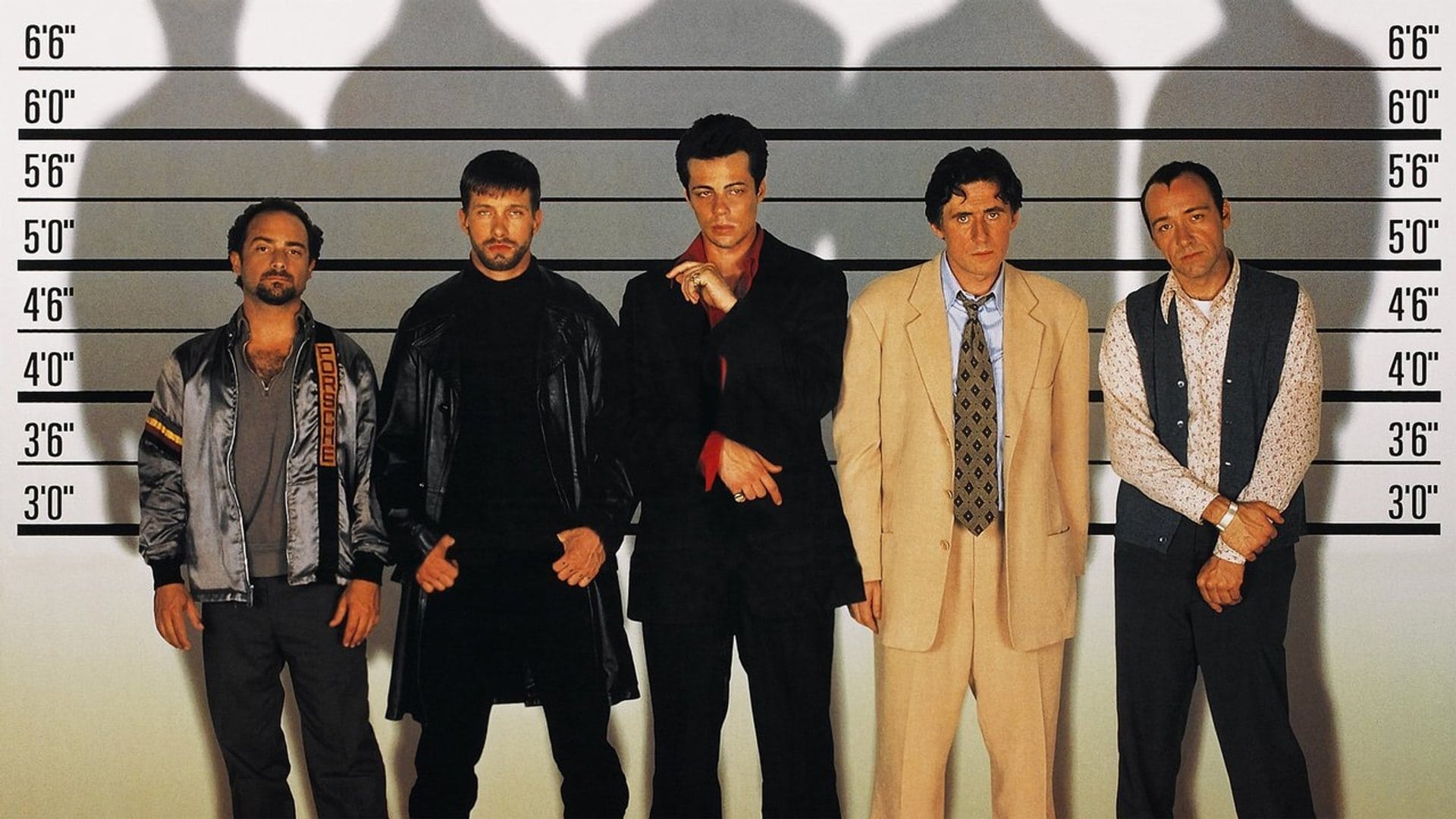
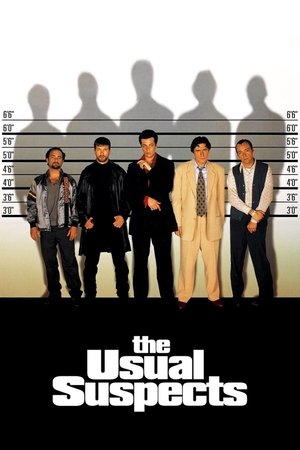
The Usual Suspects
Five criminals. One line up. No coincidence.
1995 • 1h 46min • ★ 8.174/10 • United States of America
Directed by: Bryan Singer
Cast: Stephen Baldwin, Gabriel Byrne, Benicio del Toro, Kevin Pollak, Kevin Spacey
Held in an L.A. interrogation room, Verbal Kint attempts to convince the feds that a mythic crime lord, Keyser Soze, not only exists, but was also responsible for drawing him and his four partners into a multi-million dollar heist that ended with an explosion in San Pedro harbor – leaving few survivors. Verbal lures his interrogators with an incredible story of the crime lord's almost supernatural prowess.
The Usual Suspects is a crime thriller directed by Bryan Singer and starring Kevin Spacey, Gabriel Byrne, and Benicio Del Toro.
The film is a masterful exploration of deception, manipulation, and the power of storytelling.
What sets The Usual Suspects apart is its intricate plot and its use of nonlinear storytelling to keep the audience guessing until the very end.
The film tells the story of a group of criminals who are brought together for a heist, only to find themselves embroiled in a web of lies and deceit that threatens to destroy them all.
The film’s standout performance comes from Kevin Spacey, who plays the enigmatic criminal mastermind Keyser Soze. Spacey’s performance is chilling and captivating, with his every word and action leaving the audience guessing about his true identity and motives.
But what really sets The Usual Suspects apart is its use of storytelling as a weapon.
The film’s famous twist ending is a testament to the power of storytelling and the way in which it can be used to manipulate and deceive.
The film’s structure and narrative are expertly crafted to keep the audience guessing, with every revelation and flashback adding to the overall sense of mystery and intrigue.
The Departed (2006)
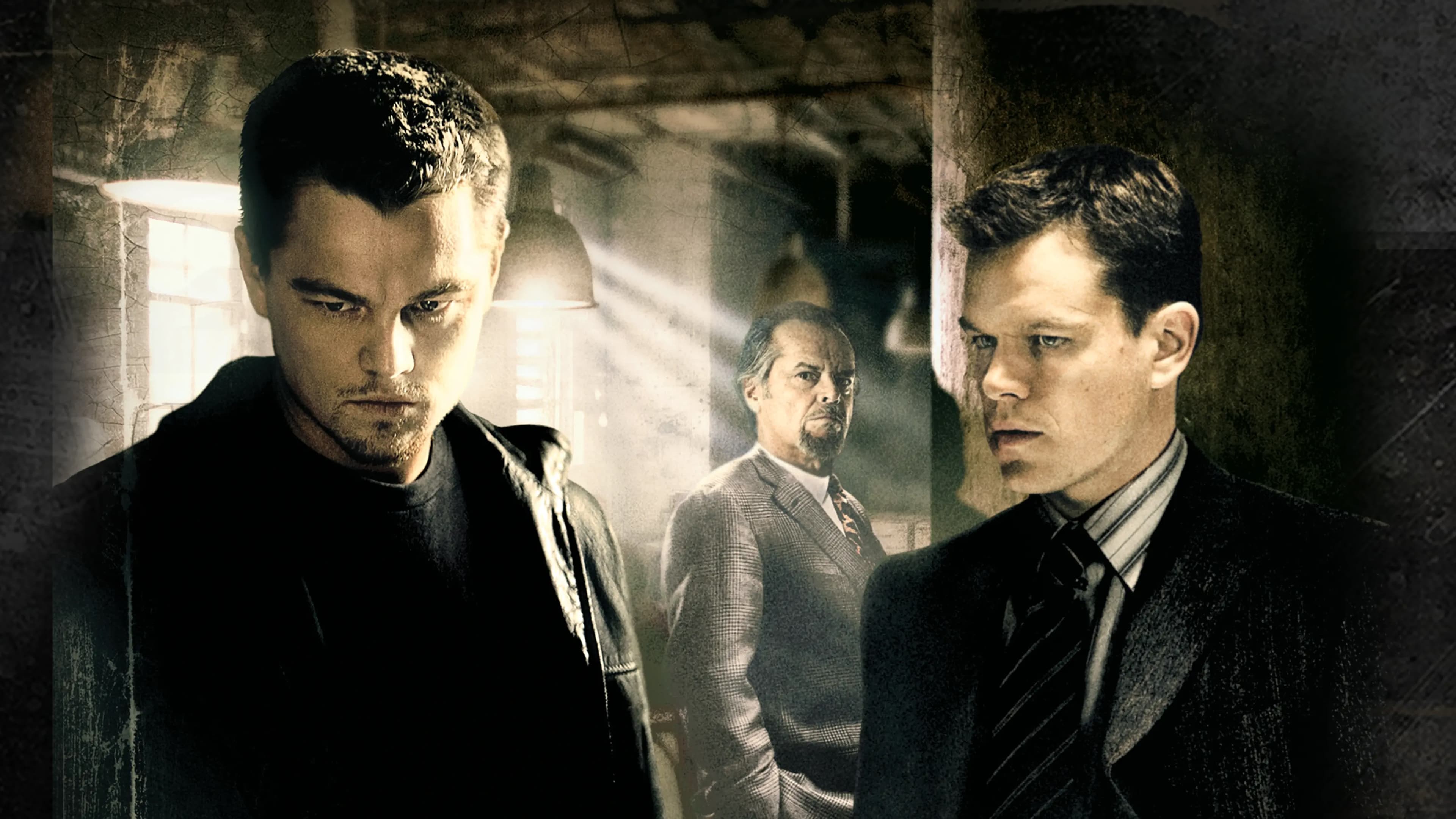
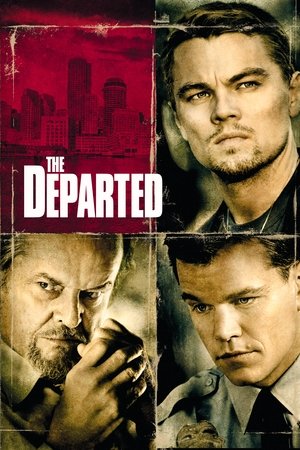
The Departed
Cops or criminals. When you’re facing a loaded gun, what’s the difference?
2006 • 2h 31min • ★ 8.2/10 • Hong Kong
Directed by: Martin Scorsese
Cast: Leonardo DiCaprio, Matt Damon, Jack Nicholson, Mark Wahlberg, Martin Sheen
To take down South Boston's Irish Mafia, the police send in one of their own to infiltrate the underworld, not realizing the syndicate has done likewise. While an undercover cop curries favor with the mob kingpin, a career criminal rises through the police ranks. But both sides soon discover there's a mole among them.
The Departed is a crime thriller directed by Martin Scorsese and featuring an all-star cast including Leonardo DiCaprio, Matt Damon, and Jack Nicholson.
The film is a gripping exploration of loyalty, betrayal, and the cost of living a double life.
What sets The Departed apart is its intricate plot and the way in which it explores the lives of two men on opposite sides of the law.
Leonardo DiCaprio plays Billy Costigan, a young cop who goes undercover to infiltrate the inner circle of notorious gangster Frank Costello, played by Jack Nicholson.
At the same time, Matt Damon plays Colin Sullivan, a member of Costello’s inner circle who has infiltrated the police force.
As the two men become more deeply involved in their respective roles, they find themselves questioning their loyalties and struggling to maintain their cover.
The film’s standout performances come from DiCaprio and Damon, who both deliver nuanced and complex performances that keep the audience guessing until the very end.
Nicholson also delivers a memorable performance as the ruthless gangster Costello, with his every word and action exuding a sense of danger and unpredictability.
Touch of Evil (1958)

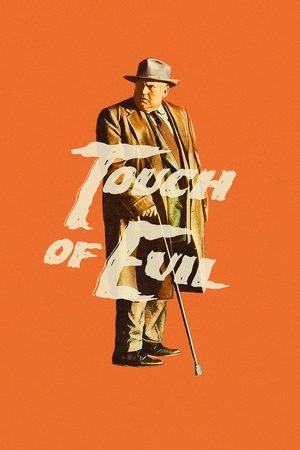
Touch of Evil
The strangest vengeance ever planned!
1958 • 1h 51min • ★ 7.761/10 • United States of America
Directed by: Orson Welles
Cast: Charlton Heston, Janet Leigh, Orson Welles, Joseph Calleia, Akim Tamiroff
When a car bomb explodes on the American side of the U.S./Mexico border, Mexican drug enforcement agent Miguel Vargas begins his investigation, along with American police captain Hank Quinlan. When Vargas begins to suspect that Quinlan and his shady partner, Menzies, are planting evidence to frame an innocent man, his investigations into their possible corruption quickly put himself and his new bride, Susie, in jeopardy.
ouch of Evil is a classic film noir directed by Orson Welles and starring Charlton Heston, Janet Leigh, and Welles himself.
The film is a masterful exploration of the dark side of human nature, with a gripping plot that keeps the audience guessing until the very end.
Set on the US-Mexico border, Touch of Evil opens with a thrilling long take that immediately sets the tone for the film’s tense and atmospheric style.
The story follows Heston’s character, a Mexican narcotics agent named Mike Vargas, as he investigates a bombing in a border town.
However, things quickly become complicated as Vargas finds himself at odds with the local police, led by Welles’ character, Hank Quinlan.
What sets Touch of Evil apart is its exploration of corruption and the abuse of power. Welles’ Quinlan is a flawed and deeply troubled character, whose methods are often questionable and whose motivations are shrouded in secrecy.
Heston’s Vargas, on the other hand, is a beacon of morality and justice, but even he is not immune to the lure of power and temptation.
The film’s standout performance comes from Welles himself, who imbues Quinlan with a sense of danger and unpredictability that keeps the audience on edge throughout the film.
Leigh also delivers a memorable performance as Vargas’ wife, who becomes caught up in the dangerous web of corruption and deceit.
- Touch of Evil - 2-Disc Set
- Touch of Evil - 2-Disc Set
- Charlton Heston, Orson Welles, Akim Tamiroff (Actors)
- Orson Welles (Director) - Touch of Evil - 2-Disc Set (Producer)
- English (Subtitle)
The French Connection (1971)
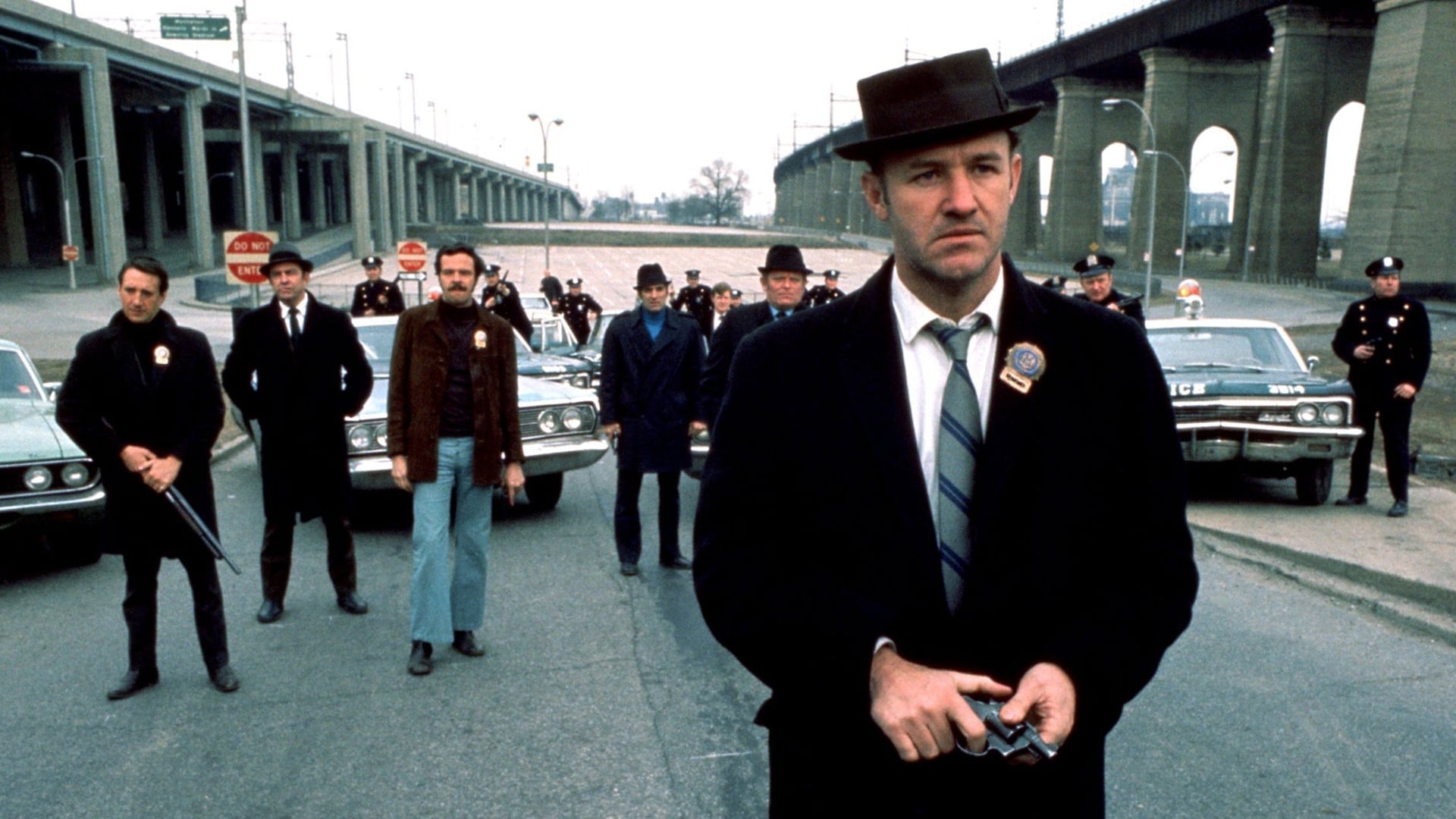
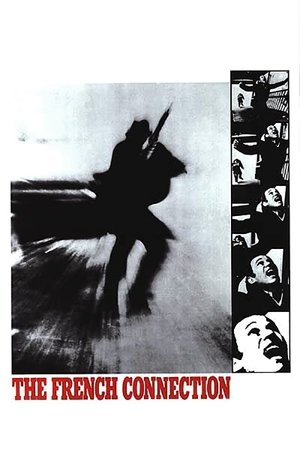
The French Connection
Doyle is bad news—but a good cop.
1971 • 1h 44min • ★ 7.495/10 • United States of America
Directed by: William Friedkin
Cast: Gene Hackman, Roy Scheider, Fernando Rey, Tony Lo Bianco, Marcel Bozzuffi
Tough narcotics detective 'Popeye' Doyle is in hot pursuit of a suave French drug dealer who may be the key to a huge heroin-smuggling operation.
The French Connection is a gritty and intense crime thriller directed by William Friedkin and starring Gene Hackman, Roy Scheider, and Fernando Rey.
The film is a
Set in New York City, The French Connection follows two detectives, Popeye Doyle (Hackman) and Buddy Russo (Scheider), as they investigate a drug smuggling ring.
As they dig deeper into the case, they become embroiled in a dangerous game of cat and mouse with the ring’s leader, Alain Charnier (Rey), culminating in a thrilling car chase through the streets of New York.
What sets The French Connection apart is its gritty realism and its unflinching portrayal of the darker side of law enforcement.
Hackman’s performance as Doyle is a standout, with his rough-around-the-edges persona and relentless pursuit of justice making him a memorable and complex character.
Scheider’s Russo is a more laid-back foil to Doyle’s intensity, providing a balance to the film’s darker moments.
The film’s standout scene is undoubtedly the car chase, which is widely regarded as one of the greatest car chases in cinema history.
Friedkin’s direction and the stunt work involved in the scene are nothing short of breathtaking, and the tension and excitement that builds throughout the chase is palpable.
- Gene Hackman, Fernando Rey, Roy Scheider (Actors)
- William Friedkin (Director) - Ernest Tidyman (Writer)
- English, Spanish, Mandarin Chinese, Cantonese (Subtitles)
- Audience Rating: R (Restricted)
Lock, Stock And Two Smoking Barrels (1998)
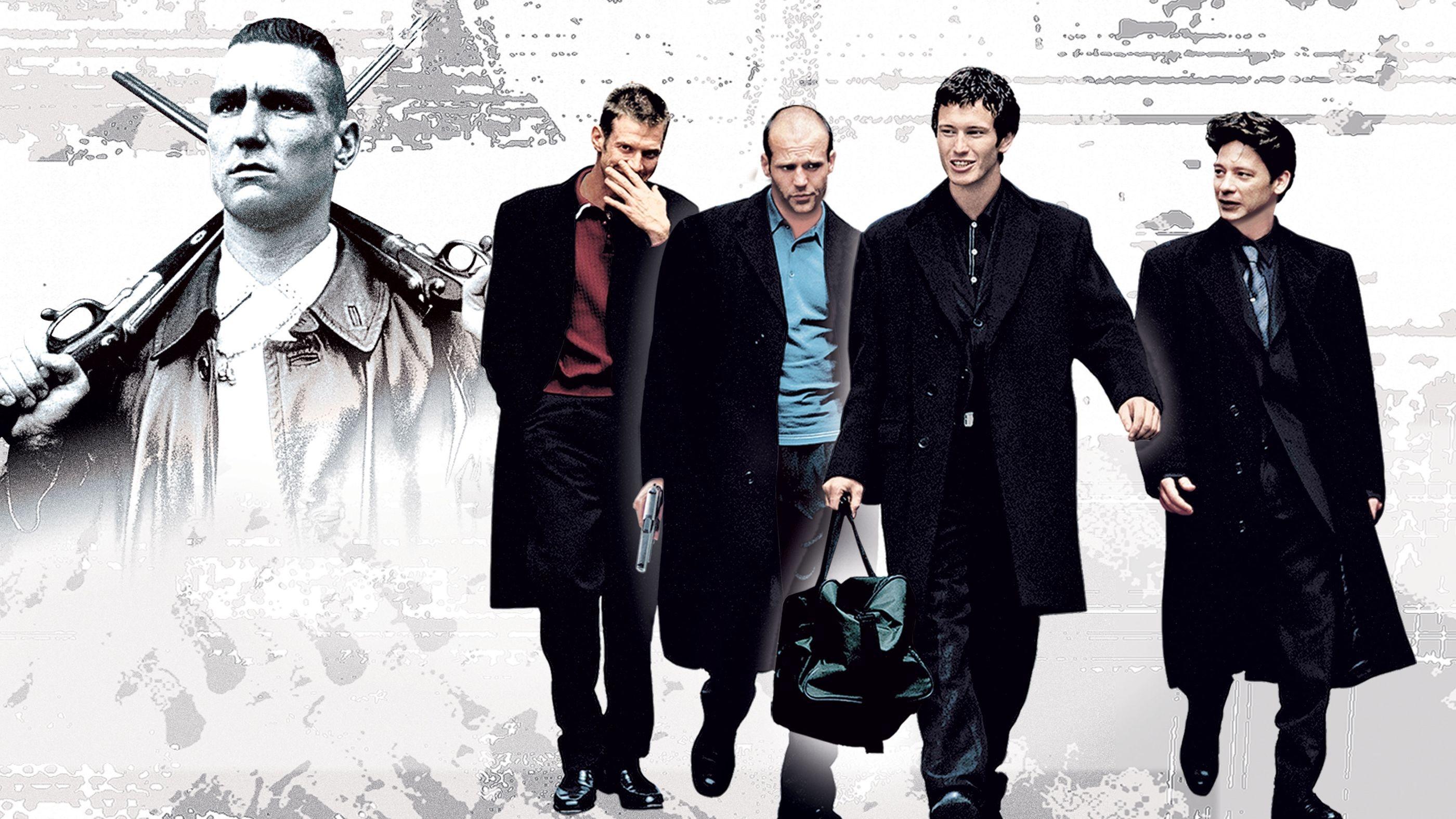
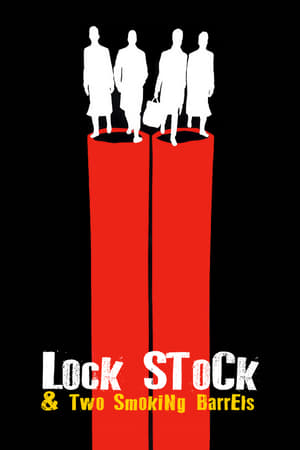
Lock, Stock and Two Smoking Barrels
A Disgrace to Criminals Everywhere.
1998 • 1h 45min • ★ 8.114/10 • United Kingdom
Directed by: Guy Ritchie
Cast: Vinnie Jones, Jason Flemyng, Dexter Fletcher, Nick Moran, Jason Statham
A card shark and his unwillingly-enlisted friends need to make a lot of cash quick after losing a sketchy poker match. To do this they decide to pull a heist on a small-time gang who happen to be operating out of the flat next door.
Lock, Stock and Two Smoking Barrels is a British crime comedy directed by Guy Ritchie and starring an ensemble cast including Jason Flemyng, Dexter Fletcher, Nick Moran, and Jason Statham.
The film is a wild and hilarious ride through the seedy underbelly of London’s criminal underworld.
The plot revolves around a group of friends who become embroiled in a high-stakes poker game, only to find themselves deeply in debt to a notorious gangster named “Hatchet” Harry.
In order to pay off their debt, they hatch a plan to rob a group of marijuana growers, but things quickly spiral out of control as they become entangled with a range of colorful characters, including a pair of bumbling burglars and an eccentric hitman.
What sets Lock, Stock and Two Smoking Barrels apart is its irreverent humor and its fast-paced, non-stop action.
Ritchie’s direction is frenetic and energetic, with a keen eye for detail and a talent for creating memorable characters.
The film’s ensemble cast is also a standout, with each member delivering a memorable and hilarious performance.
The film’s standout scene is the climactic shootout, which is a
The scene is a chaotic and hilarious spectacle, with each character getting their moment to shine and the action building to a frenzied and explosive conclusion.
Snatch (2000)
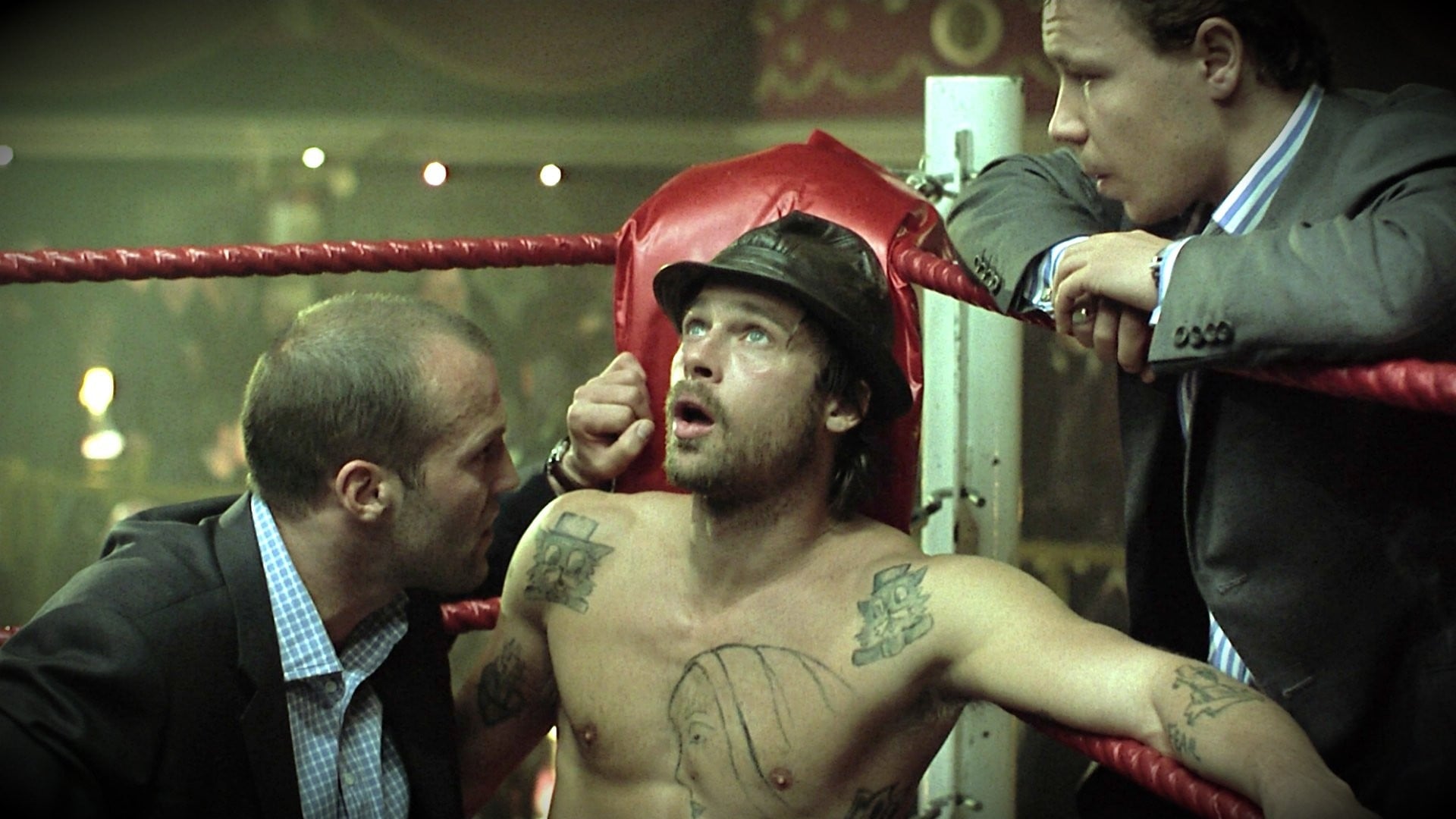
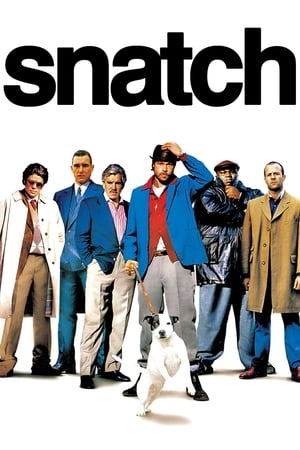
Snatch
Stealin' stones and breakin' bones.
2000 • 1h 43min • ★ 7.814/10 • United Kingdom
Directed by: Guy Ritchie
Cast: Jason Statham, Alan Ford, Stephen Graham, Brad Pitt, Dennis Farina
Unscrupulous boxing promoters, violent bookmakers, a Russian gangster, incompetent amateur robbers and supposedly Jewish jewelers fight to track down a priceless stolen diamond.
Snatch is a British crime comedy directed by Guy Ritchie and starring an ensemble cast including Jason Statham, Brad Pitt, Benicio del Toro, and Vinnie Jones.
The film is a wild and unpredictable ride through London’s criminal underworld, filled with colorful characters and unexpected twists and turns.
The plot revolves around a stolen diamond that becomes the focal point of a series of interlocking heists and schemes.
The film follows a range of characters, from a group of amateur boxing promoters to a group of ruthless gangsters, as they all try to get their hands on the valuable gem.
What sets Snatch apart is its irreverent humor and its fast-paced, non-stop action.
Ritchie’s direction is once again frenetic and energetic, with a keen eye for detail and a talent for creating memorable characters.
The film’s ensemble cast is also a standout, with each member delivering a memorable and hilarious performance.
One of the film’s standout scenes is Brad Pitt’s portrayal of a bare-knuckle boxer named Mickey O’Neil.
Pitt’s performance is both hilarious and impressive, with his thick Irish accent and his unconventional fighting style adding to the film’s irreverent charm.
- Factory sealed DVD
- Benicio Del Toro, Dennis Farina, Jason Flemyng (Actors)
- Guy Ritchie (Director) - Matthew Vaughn (Producer)
- English, Portuguese, French, Spanish (Subtitles)
- English (Publication Language)
No Country For Old Men (2007)
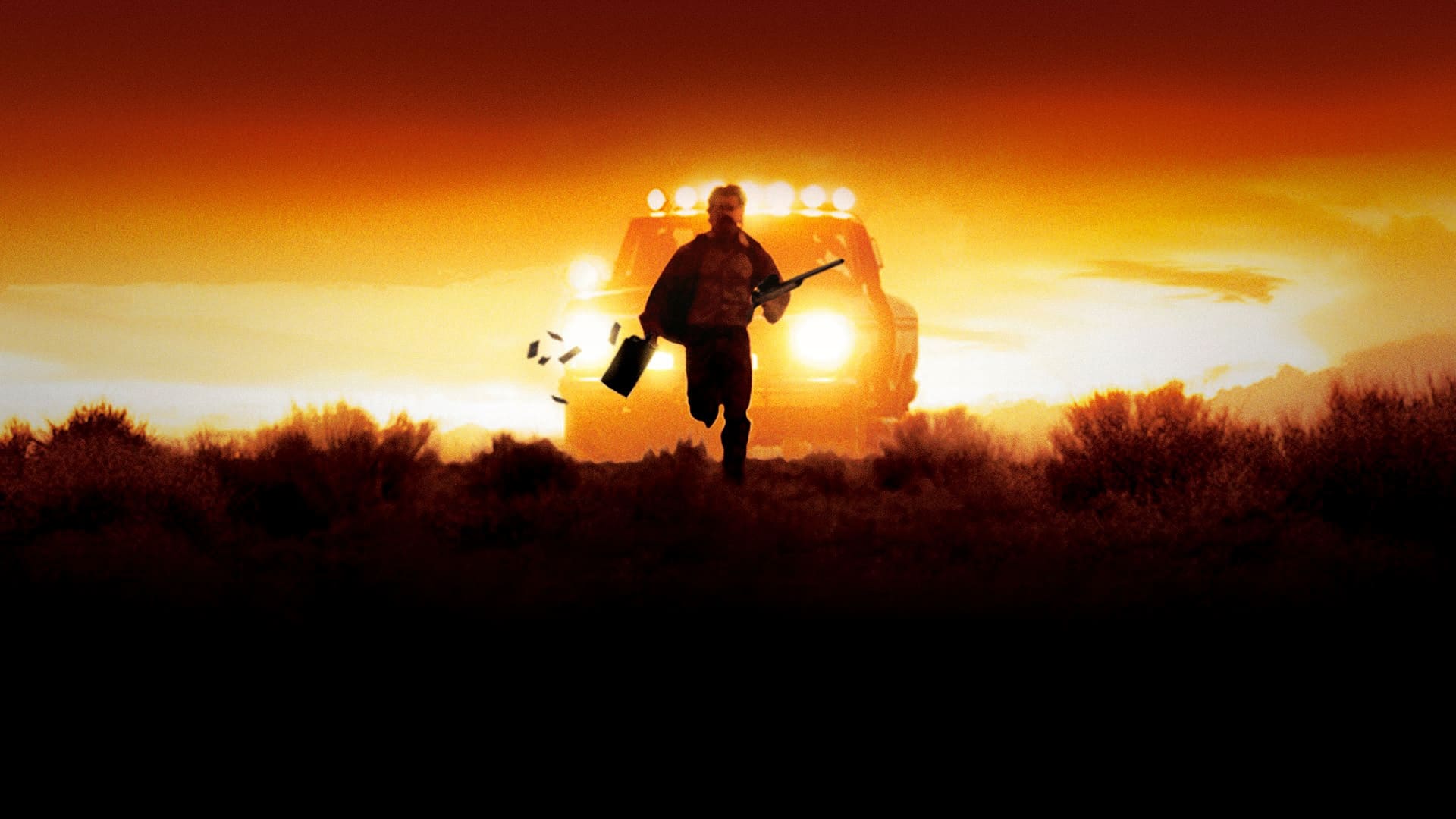
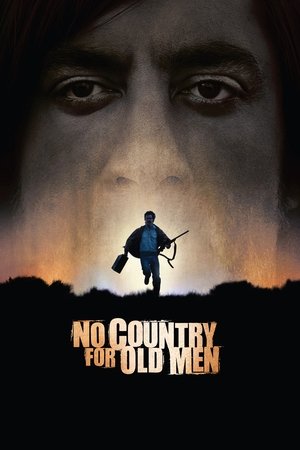
No Country for Old Men
There Are No Clean Getaways
2007 • 2h 2min • ★ 7.947/10 • United States of America
Directed by: Ethan Coen
Cast: Javier Bardem, Tommy Lee Jones, Josh Brolin, Woody Harrelson, Kelly Macdonald
Llewelyn Moss stumbles upon dead bodies, $2 million and a hoard of heroin in a Texas desert, but methodical killer Anton Chigurh comes looking for it, with local sheriff Ed Tom Bell hot on his trail. The roles of prey and predator blur as the violent pursuit of money and justice collide.
No Country for Old Men is a neo-western thriller directed by Joel and Ethan Coen and based on the novel by Cormac McCarthy.
The film stars Tommy Lee Jones, Javier Bardem, and Josh Brolin and tells the story of a manhunt for a violent and ruthless hitman in West Texas.
The film’s plot is centered around a drug deal gone wrong, with Josh Brolin’s character stumbling upon a suitcase filled with money and becoming the target of the hitman, played by Javier Bardem.
As the bodies pile up and the chase intensifies, Tommy Lee Jones’ character, a world-weary sheriff, finds himself struggling to keep up with the brutal violence and the changing times.
What sets No Country for Old Men apart is its stark and uncompromising vision of the American West.
The Coen brothers’ direction is tense and atmospheric, with a sparse and minimalist approach that perfectly captures the barren landscapes and the harsh realities of life in rural Texas.

- Following the events of Avengers: Endgame, our friendly neighborhood Spider-Man decides to join his...
- Tom Holland, Samuel Jackson, Zendaya (Actors)
- Jon Watts (Director) - Kevin Feige (Producer)
- English, French, Spanish (Playback Languages)
- English, French, Spanish (Subtitles)
Casino (1995)
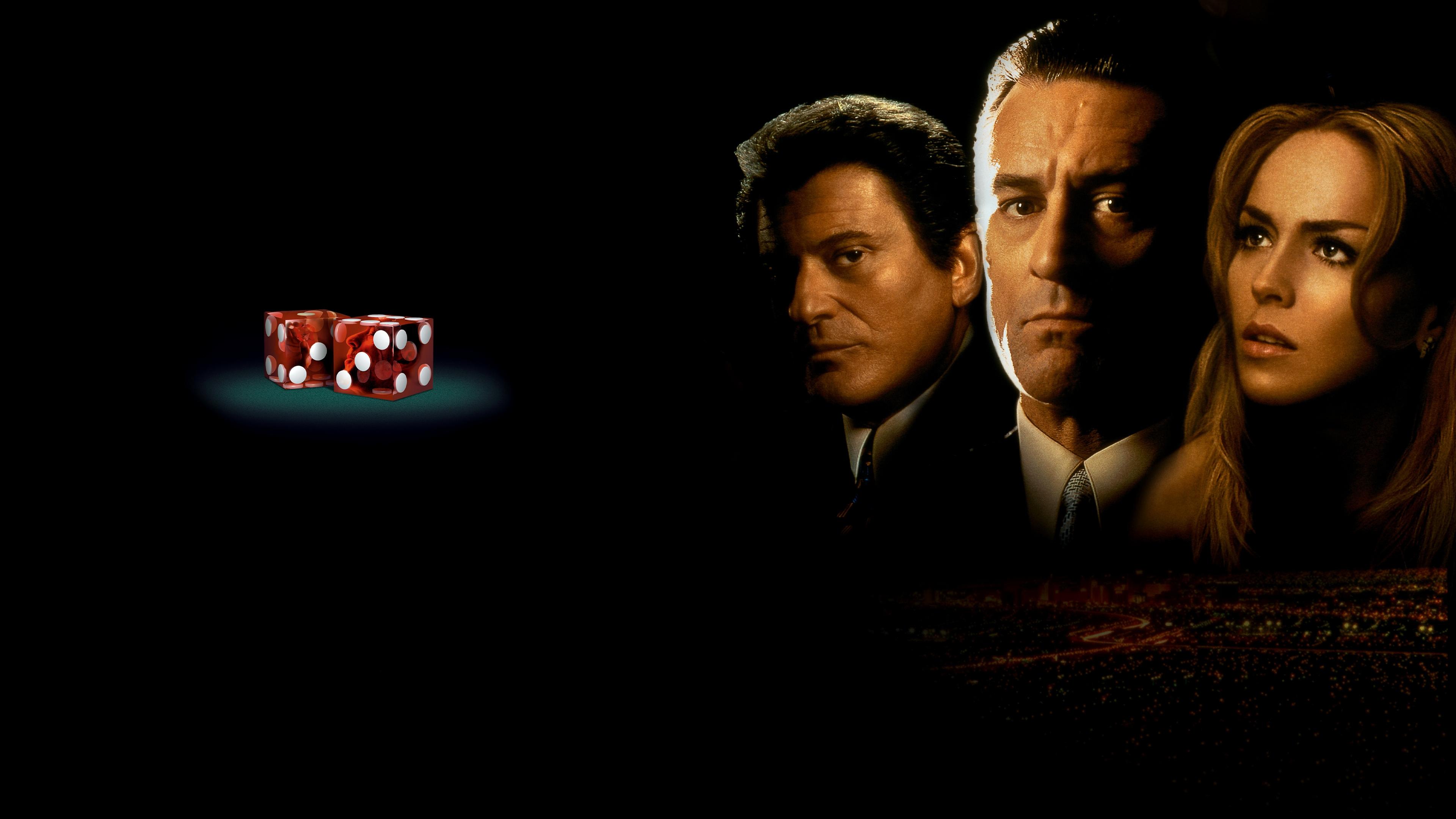
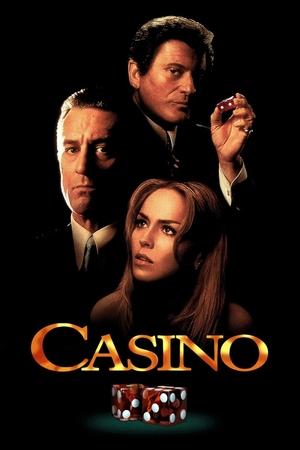
Casino
No one stays at the top forever.
1995 • 2h 59min • ★ 7.999/10 • France
Directed by: Martin Scorsese
Cast: Robert De Niro, Sharon Stone, Joe Pesci, James Woods, Don Rickles
In early-1970s Las Vegas, Sam "Ace" Rothstein gets tapped by his bosses to head the Tangiers Casino. At first, he's a great success in the job, but over the years, problems with his loose-cannon enforcer Nicky Santoro, his ex-hustler wife Ginger, her con-artist ex Lester Diamond and a handful of corrupt politicians put Sam in ever-increasing danger.
Casino is a crime drama directed by Martin Scorsese and starring Robert De Niro, Joe Pesci, and Sharon Stone.
The film is based on the true story of the rise and fall of the Las Vegas casino empire, focusing on the lives of two mobsters and their involvement in the city’s gambling industry.
The film’s plot is centered around the character of Sam “Ace” Rothstein, played by Robert De Niro, a talented gambler who is hired by the mob to run their casino operations in Las Vegas.
As Rothstein becomes more deeply involved in the city’s criminal underworld, he finds himself at odds with his friend and fellow mobster, Nicky Santoro, played by Joe Pesci.
What sets Casino apart is its unflinching portrayal of the dark side of the Las Vegas gambling industry.
Scorsese’s direction is stylish and compelling, with a keen eye for detail and a talent for creating memorable characters.
The film’s ensemble cast is also a standout, with each member delivering a powerful and nuanced performance.
- Casino - Blu-ray + Digital + Ultraviolet Used Like New
- Robert De Niro, Joe Pesci, Frank Vincent (Actors)
- English (Subtitle)
- English (Publication Language)
- Audience Rating: R (Restricted)
Vertigo (1958)
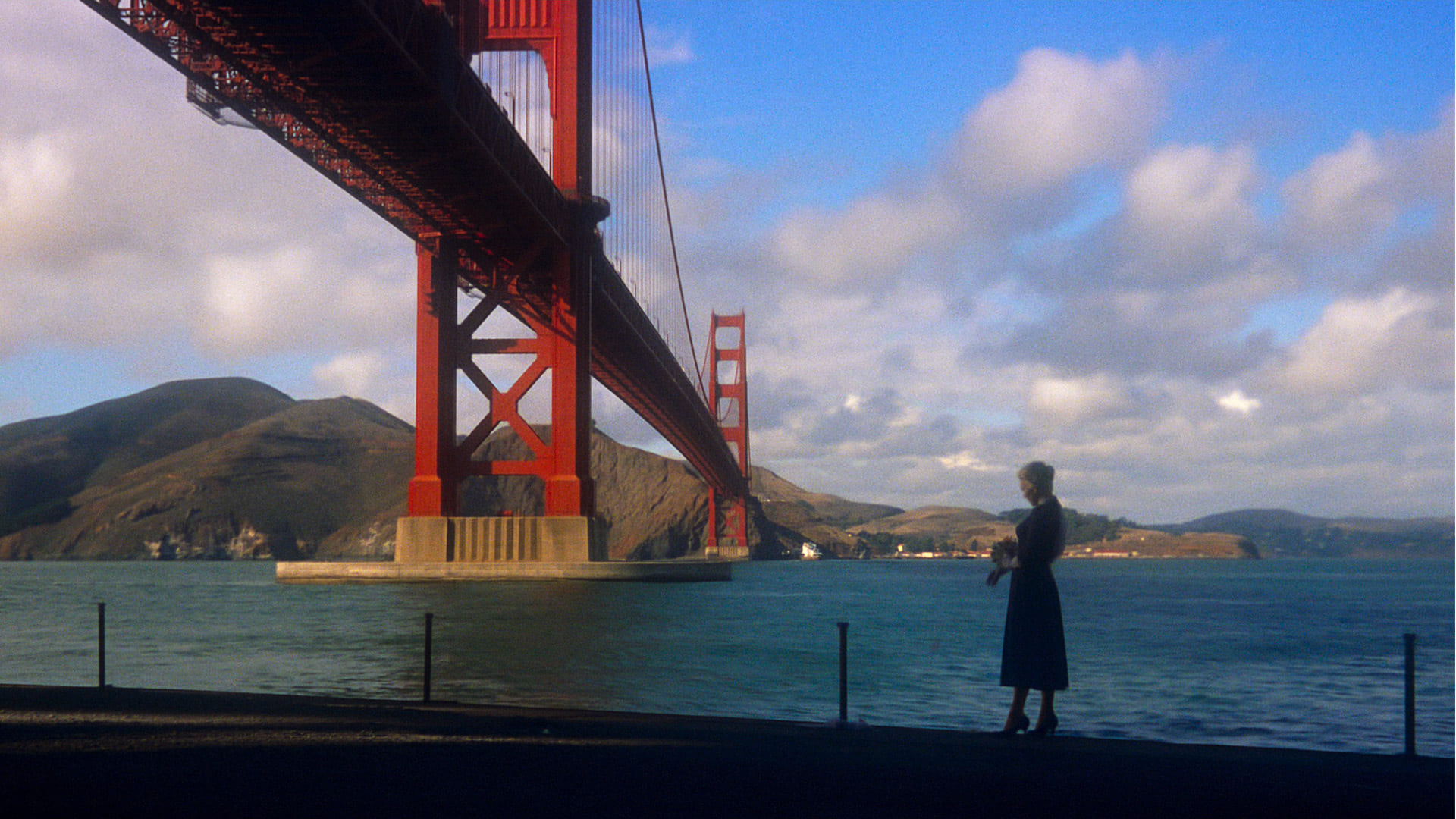
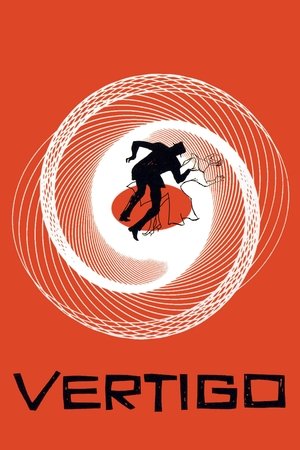
Vertigo
Alfred Hitchcock engulfs you in a whirlpool of terror and tension!
1958 • 2h 8min • ★ 8.161/10 • United States of America
Directed by: Alfred Hitchcock
Cast: James Stewart, Kim Novak, Barbara Bel Geddes, Tom Helmore, Henry Jones
A retired San Francisco detective suffering from acrophobia investigates the strange activities of an old friend's wife, all the while becoming dangerously obsessed with her.
Vertigo is a psychological thriller directed by Alfred Hitchcock and starring James Stewart and Kim Novak.
The film tells the story of a former police detective who is hired to follow a woman with a strange and mysterious past, only to find himself drawn into a web of deceit and obsession.
What sets Vertigo apart is its exploration of themes of love, identity, and the blurred lines between reality and fantasy.
Hitchcock’s direction is masterful, with a keen eye for detail and a talent for creating suspenseful and unforgettable images.
The film’s haunting score and stunning visuals also help to create a sense of unease and disorientation, perfectly capturing the film’s themes of obsession and madness.
One of the film’s standout scenes is the iconic “vertigo effect” shot, in which the camera zooms in on James Stewart’s face as the background appears to stretch out and distort around him.
This shot perfectly captures the film’s themes of disorientation and psychological unease, and has since become one of the most famous shots in cinema history.
Badlands (1973)
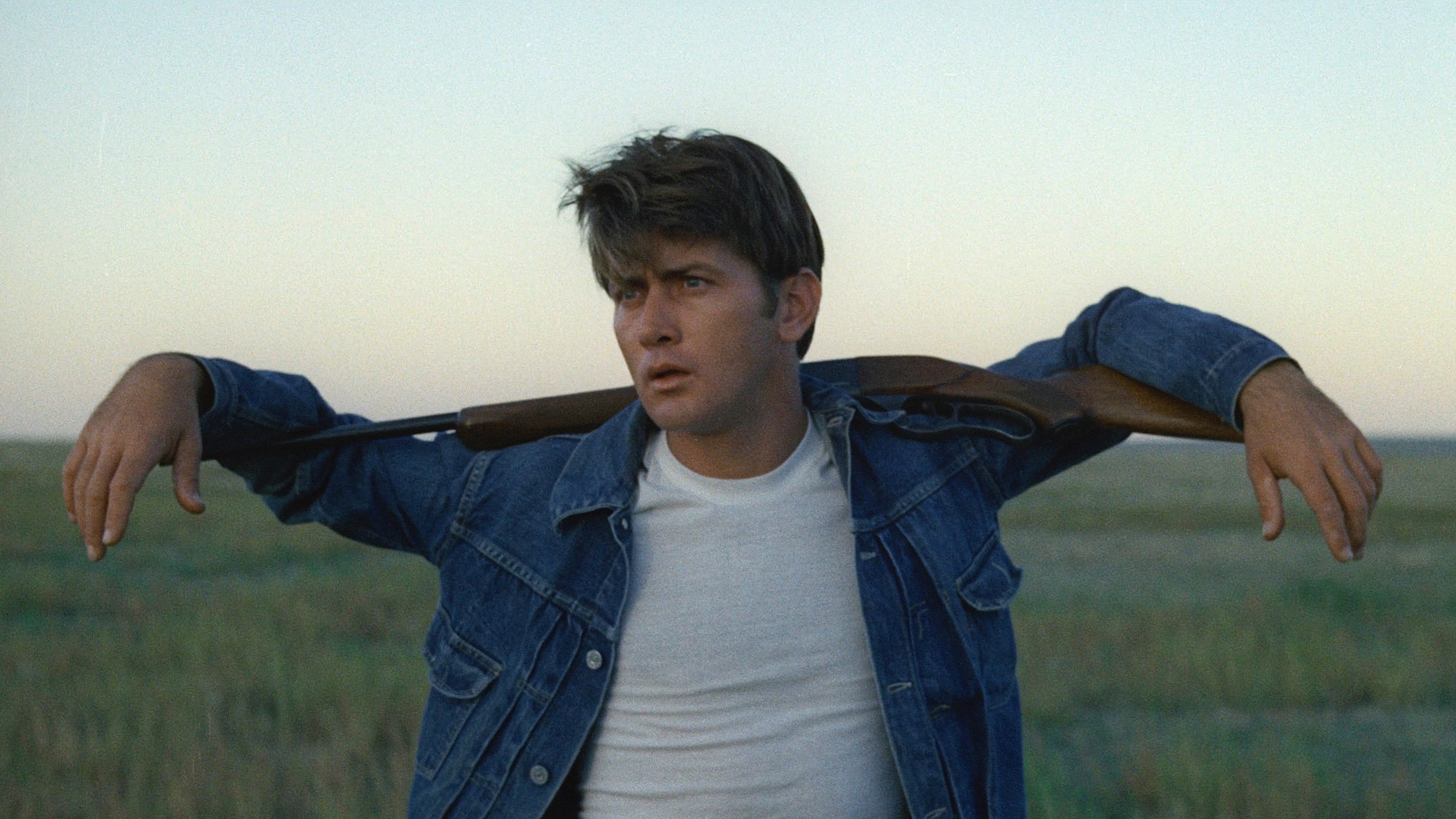
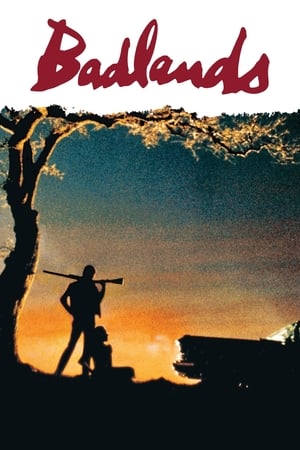
Badlands
In 1959 a lot of people were killing time. Kit and Holly were killing people.
1974 • 1h 34min • ★ 7.471/10 • United States of America
Directed by: Terrence Malick
Cast: Martin Sheen, Sissy Spacek, Warren Oates, Ramon Bieri, Alan Vint
An impressionable teenage girl from a dead-end town and her older greaser boyfriend embark on a killing spree in the South Dakota badlands.
Badlands is a crime drama directed by Terrence Malick and starring Martin Sheen and Sissy Spacek.
The film tells the story of a young couple who go on a killing spree across the American Midwest, leaving a trail of destruction and chaos in their wake.
What sets Badlands apart is its haunting exploration of themes of violence, isolation, and the search for identity.
Malick’s direction is masterful, with a keen eye for detail and a talent for creating poetic and lyrical imagery.
The film’s sparse and haunting score also adds to the film’s sense of unease and isolation.
One of the film’s standout scenes is the opening sequence, in which Martin Sheen’s character, Kit, murders Sissy Spacek’s character’s father.
This scene perfectly sets the tone for the rest of the film, with its stark and brutal violence serving as a powerful indictment of the American Dream.
- Badlands (Criterion Collection) - Blu-ray Used Like New
- Martin Sheen, Sissy Spacek, Warren Oates (Actors)
- Terrence Malick (Director)
- English (Subtitle)
- English (Publication Language)
Rashomon (1950)


Rashomon
The husband, the wife… or the bandit?
1950 • 1h 28min • ★ 8.1/10 • Japan
Directed by: Akira Kurosawa
Cast: Toshirō Mifune, Machiko Kyō, Takashi Shimura, Masayuki Mori, Minoru Chiaki
Four people recount different versions of the story of a man's murder and the rape of his wife.
Rashomon is a Japanese period drama directed by Akira Kurosawa and starring Toshiro Mifune.
The film tells the story of a rape and murder that takes place in a forest, as told from the conflicting perspectives of four different characters.
What sets Rashomon apart is its innovative approach to storytelling, with the same events being told from multiple perspectives, each with their own biases and distortions.
Kurosawa’s direction is masterful, with a keen eye for detail and a talent for creating suspenseful and thought-provoking imagery.
The film’s haunting score and stunning visuals also help to create a sense of unease and uncertainty, perfectly capturing the film’s themes of truth, justice, and human nature.
One of the film’s standout scenes is the climactic confrontation between the four characters, each of whom has their own version of events.
This scene perfectly captures the film’s themes of subjectivity and the unreliability of memory, and has since become one of the most famous scenes in cinema history.
Double Indemnity (1944)
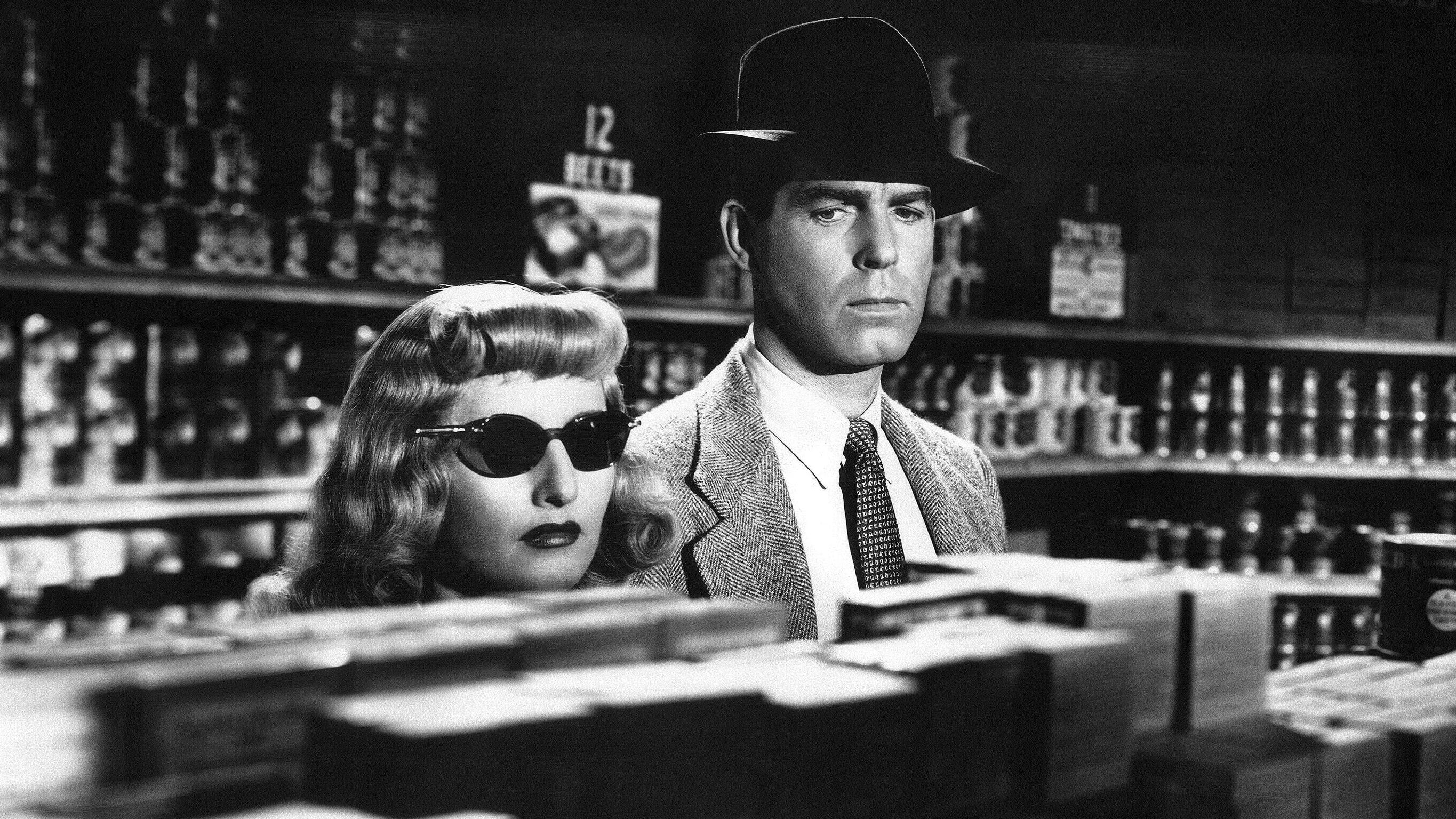
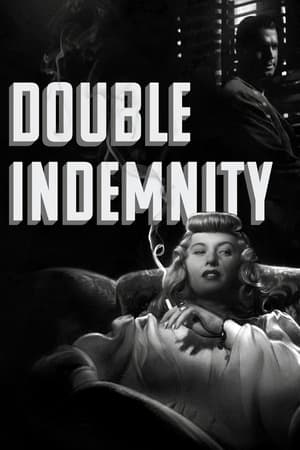
Double Indemnity
It's love and murder at first sight!
1944 • 1h 47min • ★ 8.111/10 • United States of America
Directed by: Billy Wilder
Cast: Fred MacMurray, Barbara Stanwyck, Edward G. Robinson, Porter Hall, Jean Heather
A seductive housewife draws an insurance salesman into a plot of adultery and crime to collect on her husband's life insurance.
Double Indemnity is a film noir directed by Billy Wilder and starring Fred MacMurray and Barbara Stanwyck.
The film tells the story of an insurance salesman who falls in love with a femme fatale and becomes embroiled in a murder plot to collect on a life insurance policy.
What sets Double Indemnity apart is its expertly crafted screenplay, which combines elements of suspense, romance, and betrayal to create a classic film noir.
Wilder’s direction is flawless, with a keen eye for detail and a talent for creating tension and atmosphere.
The film’s moody score and black-and-white visuals also help to create a sense of foreboding and danger, perfectly capturing the film’s themes of greed, lust, and moral ambiguity.
One of the film’s standout scenes is the murder of Barbara Stanwyck’s character’s husband, which is executed with cold precision and expert timing.
This scene perfectly captures the film’s themes of betrayal and moral decay, and has since become one of the most iconic scenes in film noir history.
- Double Indemnity
- Double Indemnity
- Fred MacMurray, Barbara Stanwyck, Edward G. Robinson (Actors)
- Billy Wilder (Director) - Double Indemnity (Producer)
- English (Subtitle)
Get Carter (1971)
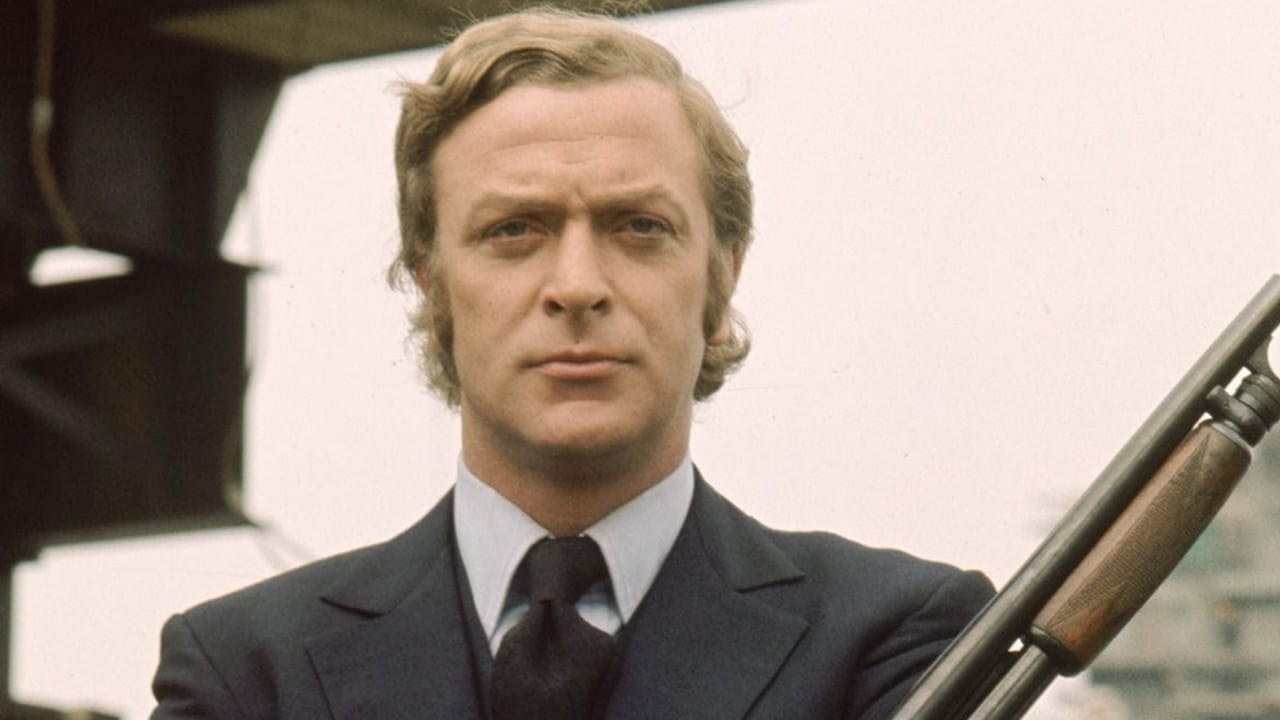
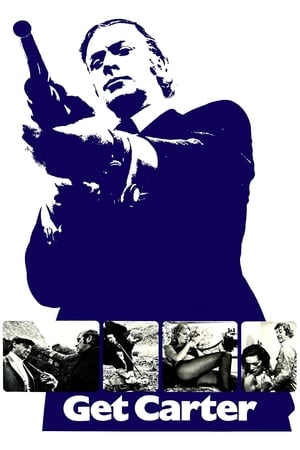
Get Carter
What happens when a professional killer violates the code? Get Carter!
1971 • 1h 52min • ★ 6.995/10 • United Kingdom
Directed by: Mike Hodges
Cast: Michael Caine, Ian Hendry, Britt Ekland, John Osborne, Tony Beckley
Jack Carter is a small-time hood working in London. When word reaches him of his brother's death, he travels to Newcastle to attend the funeral. Refusing to accept the police report of suicide, Carter seeks out his brother’s friends and acquaintances to learn who murdered his sibling and why.
Get Carter is a British crime thriller directed by Mike Hodges and starring Michael Caine.
The film follows Jack Carter, a London mob enforcer who travels to Newcastle to investigate his brother’s death and seek revenge.
What sets Get Carter apart is its gritty and unflinching portrayal of the criminal underworld, with Caine delivering a powerful and nuanced performance as the complex and ruthless Jack Carter.
The film’s direction is also top-notch, with Hodges infusing the film with a sense of tension and danger that never lets up.
The film’s moody score and stark visuals also help to create a sense of atmosphere and realism, perfectly capturing the film’s themes of violence, corruption, and moral decay.
One of the film’s standout scenes is the brutal finale, in which Carter confronts his brother’s killer in a harrowing and unforgettable confrontation.
This scene perfectly captures the film’s themes of vengeance and the costs of violence, and has since become one of the most iconic scenes in British cinema history.
- Michael Caine, Ian Hendry (Actors)
- Mike Hodges (Director)
Goodfellas (1990)
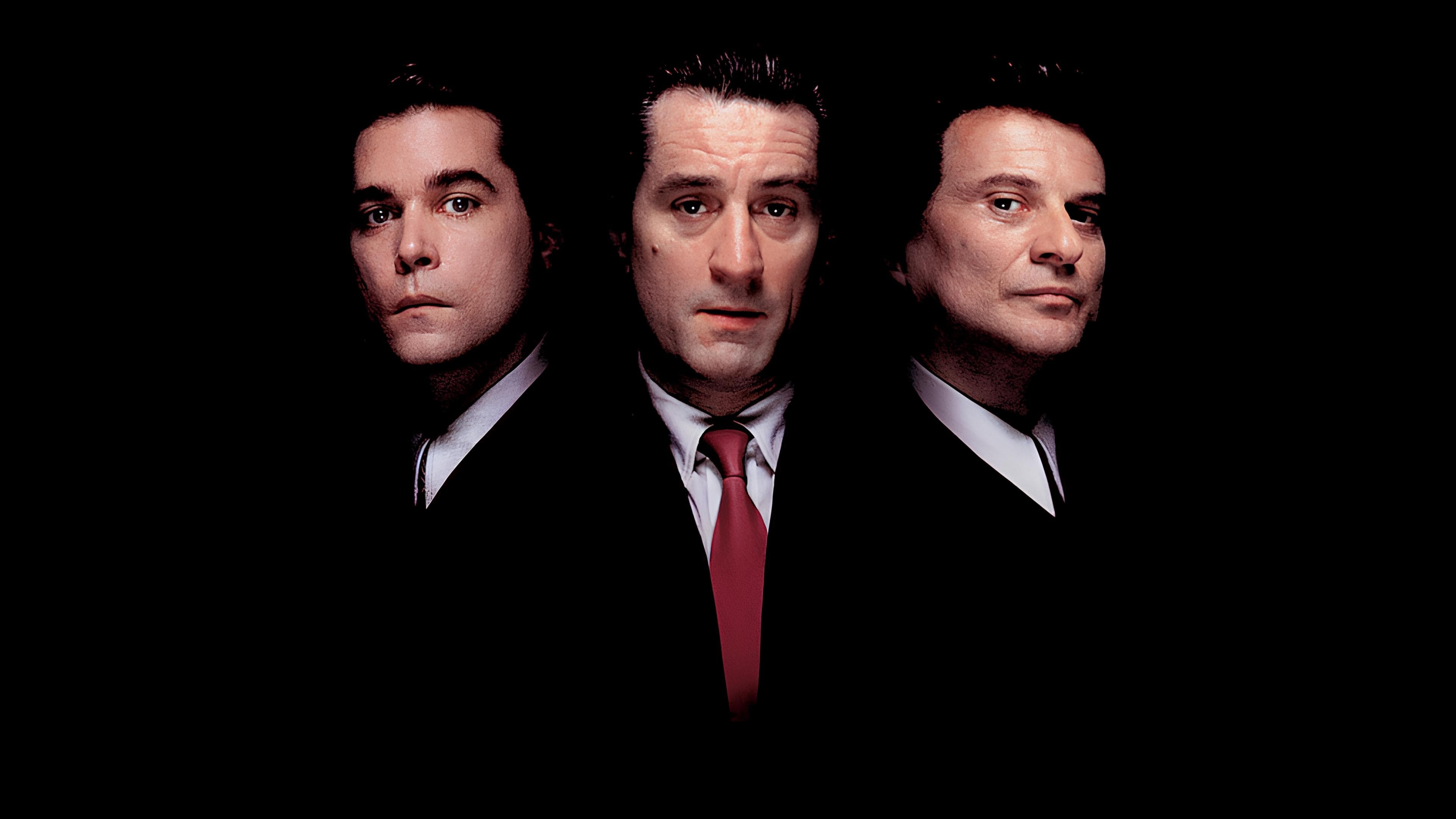
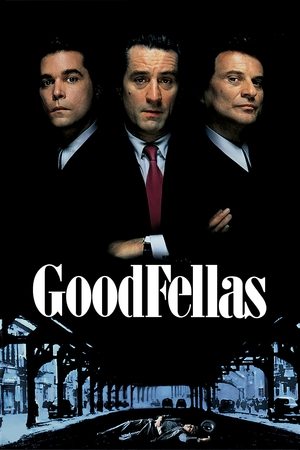
GoodFellas
Three decades of life in the mafia.
1990 • 2h 25min • ★ 8.455/10 • United States of America
Directed by: Martin Scorsese
Cast: Robert De Niro, Ray Liotta, Joe Pesci, Lorraine Bracco, Paul Sorvino
The true story of Henry Hill, a half-Irish, half-Sicilian Brooklyn kid who is adopted by neighbourhood gangsters at an early age and climbs the ranks of a Mafia family under the guidance of Jimmy Conway.
Goodfellas is a crime drama directed by Martin Scorsese and starring Ray Liotta, Robert De Niro, and Joe Pesci.
The film is based on the true story of Henry Hill, a former mobster who turned informant and helped to bring down the Italian-American mafia.
What sets Goodfellas apart is its masterful direction and expertly crafted screenplay, which expertly weaves together themes of loyalty, betrayal, and the seductive allure of the criminal underworld.
Scorsese’s direction is flawless, with a keen eye for detail and a talent for creating tension and atmosphere.
The film’s iconic soundtrack and use of voice-over narration also help to create a sense of time and place, perfectly capturing the film’s themes of power, greed, and corruption.
One of the film’s standout scenes is the infamous “Funny how?” scene, in which Joe Pesci’s character confronts another character about a joke.
This scene perfectly captures the film’s themes of violence and the unpredictable nature of mob life, and has since become one of the most iconic scenes in cinema history.
- Robert De Niro, Ray Liotta, Joe Pesci (Actors)
- Martin Scorsese (Director)
Bonnie and Clyde (1967)
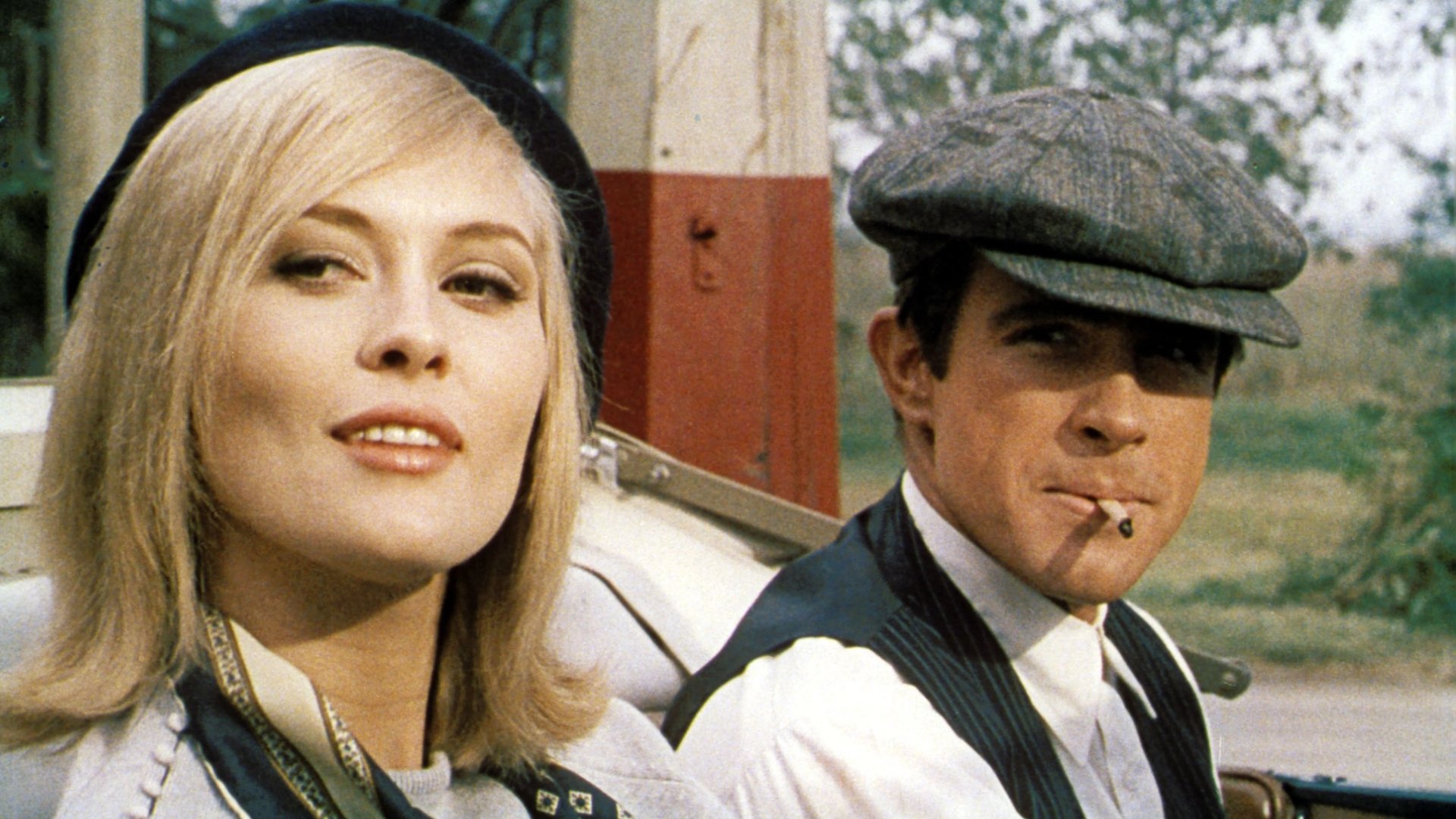
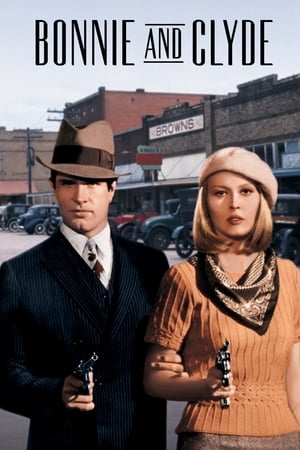
Bonnie and Clyde
They’re young… they’re in love… and they kill people.
1967 • 1h 51min • ★ 7.489/10 • United States of America
Directed by: Arthur Penn
Cast: Warren Beatty, Faye Dunaway, Michael J. Pollard, Gene Hackman, Estelle Parsons
In the 1930s, bored waitress Bonnie Parker falls in love with an ex-con named Clyde Barrow and together they start a violent crime spree through the country, stealing cars and robbing banks.
Bonnie and Clyde is a crime drama directed by Arthur Penn and starring Warren Beatty and Faye Dunaway.
The film is based on the true story of Bonnie Parker and Clyde Barrow, two notorious criminals who became infamous in the early 1930s for their violent robberies and murders.
What sets Bonnie and Clyde apart is its innovative and groundbreaking approach to storytelling, featuring a mix of gritty realism and stylized violence that was unprecedented at the time.
The film’s direction is masterful, with Penn infusing the film with a sense of energy and urgency that perfectly captures the film’s themes of rebellion, freedom, and the destructive nature of violence.
One of the film’s standout scenes is the climactic shootout, in which Bonnie and Clyde are ambushed by law enforcement officers in a brutal and bloody confrontation.
This scene perfectly captures the film’s themes of violence and the cost of criminal behavior, and has since become one of the most iconic moments in cinema history.
- FSK 16
- Newman, David (Author)
- German, English, French, Italian, Italian (Subtitles)
The Conversation (1971)
No poster available
The Conversation is a psychological thriller directed by Francis Ford Coppola and starring Gene Hackman.
The film tells the story of Harry Caul, a surveillance expert who becomes increasingly paranoid after he uncovers a disturbing conversation that hints at a potential murder.
What sets The Conversation apart is its masterful direction and expertly crafted screenplay, which expertly explores themes of privacy, surveillance, and the psychological toll of being constantly watched.
Coppola’s direction is precise and meticulous, with a keen eye for detail and a talent for creating tension and atmosphere.
The film’s haunting score and use of sound also help to create a sense of unease and paranoia that perfectly captures the film’s themes.
One of the film’s standout scenes is the climactic sequence in which Harry Caul realizes the true nature of the conversation he has been monitoring, leading to a shocking and devastating conclusion.
This scene perfectly captures the film’s themes of morality and the consequences of our actions, and has since become one of the most memorable moments in cinema history.
The Killing (1956)
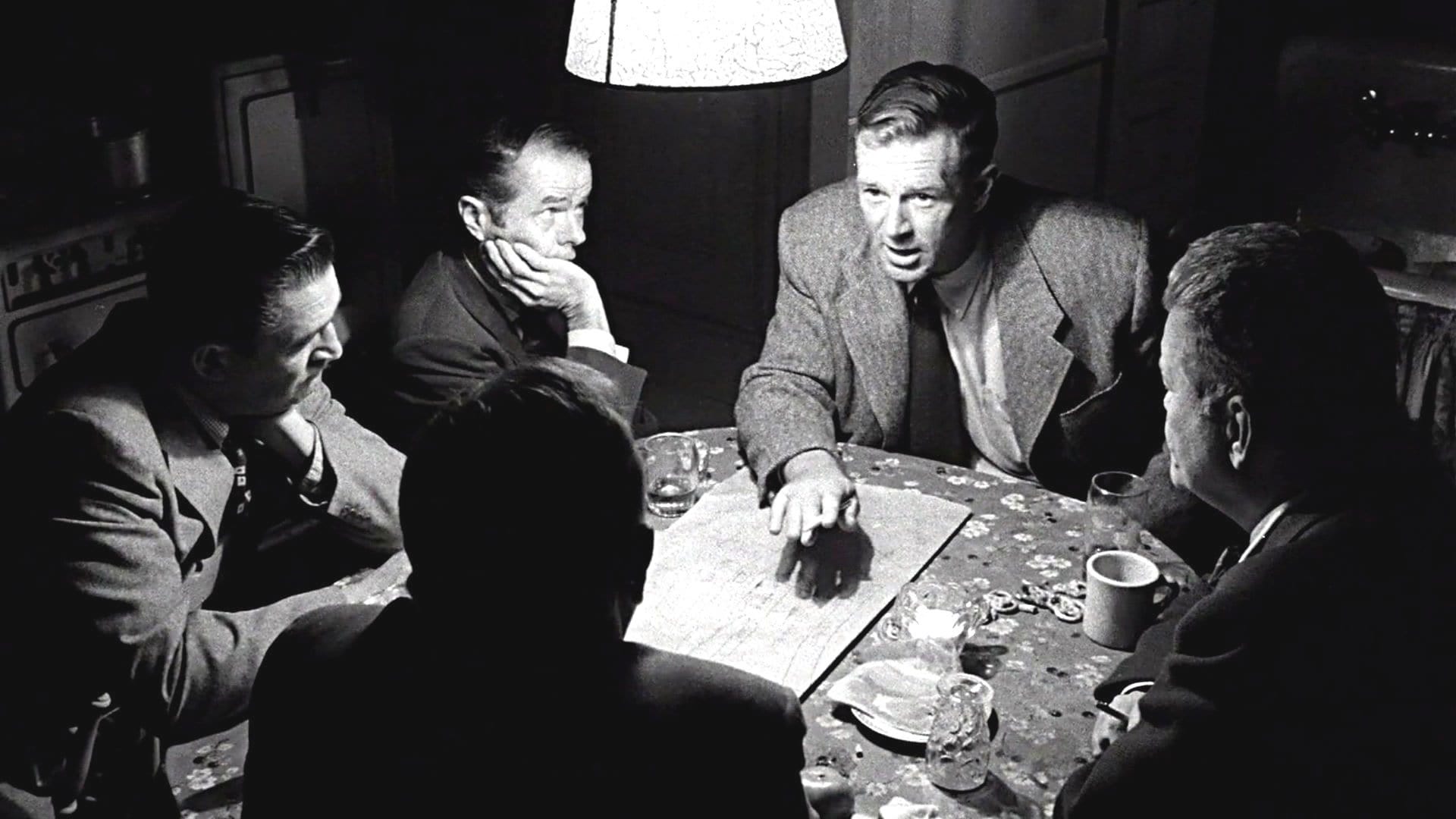

The Killing
In all its fury and violence...
1956 • 1h 25min • ★ 7.663/10 • United States of America
Directed by: Stanley Kubrick
Cast: Sterling Hayden, Coleen Gray, Vince Edwards, Jay C. Flippen, Ted de Corsia
Career criminal Johnny Clay recruits a sharpshooter, a crooked police officer, a bartender and a betting teller named George, among others, for one last job before he goes straight and gets married. But when George tells his restless wife about the scheme to steal millions from the racetrack where he works, she hatches a plot of her own.
The Killing is a film noir directed by Stanley Kubrick and starring Sterling Hayden.
The film tells the story of a group of criminals who plan and execute a daring racetrack heist, only to have their carefully laid plans unravel due to unexpected circumstances.
What sets The Killing apart is its expertly crafted screenplay and masterful direction, which expertly weaves together multiple storylines and character arcs to create a complex and intricate narrative.
Kubrick’s direction is precise and expertly crafted, with a focus on creating tension and atmosphere that perfectly captures the film’s themes of greed, betrayal, and the destructive nature of crime.
One of the film’s standout scenes is the climactic heist sequence, in which the criminals put their plan into action and chaos ensues.
This scene perfectly captures the film’s themes of desperation and the consequences of our actions, and has since become one of the most iconic moments in cinema history.
- The Killing - Blu-ray Brand New
- Sterling Hayden, Vince Edwards, Elisha Cook Jr. (Actors)
- Stanley Kubrick (Director)
- English (Subtitle)
- English (Publication Language)
The Town (2010)
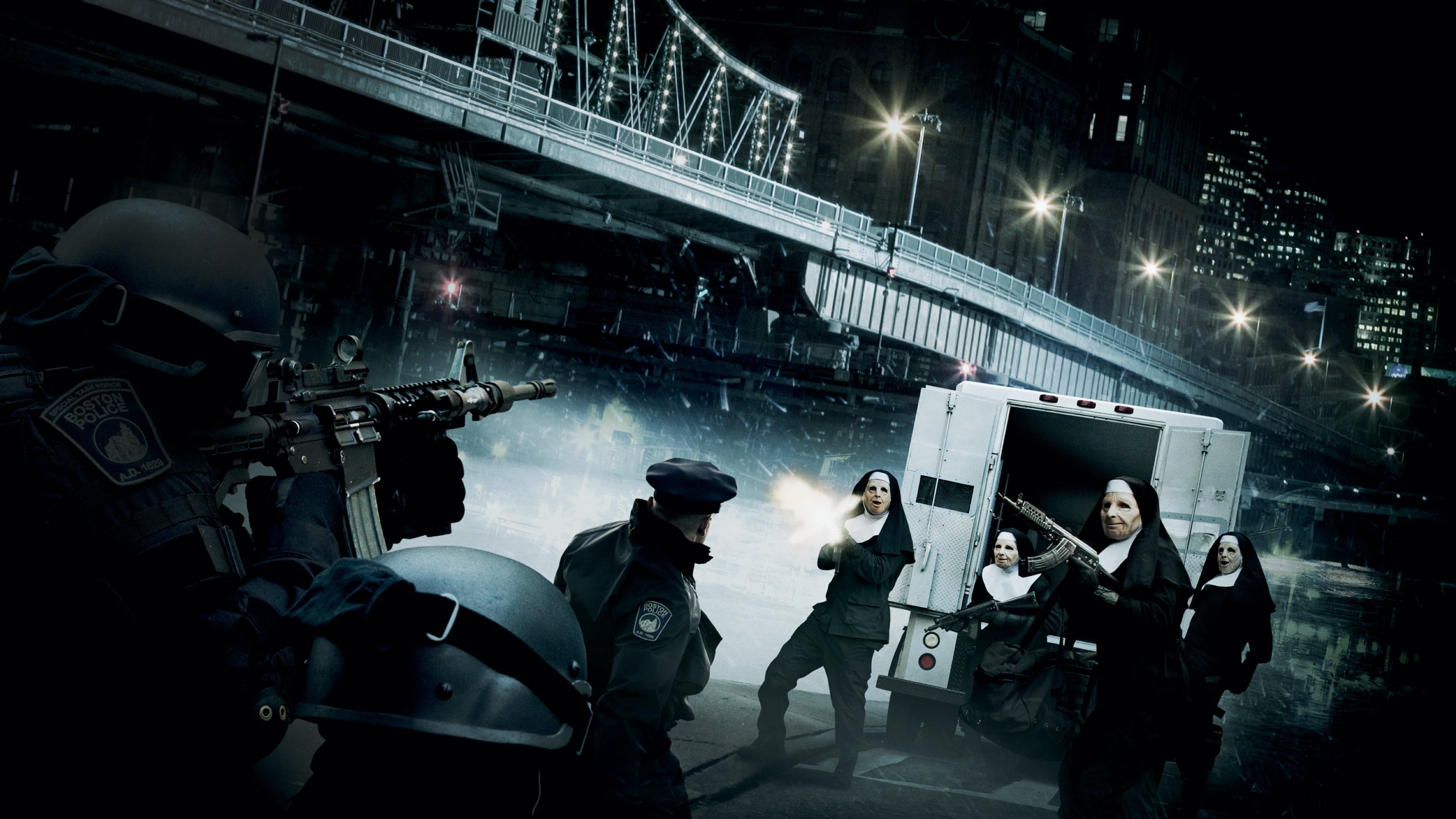
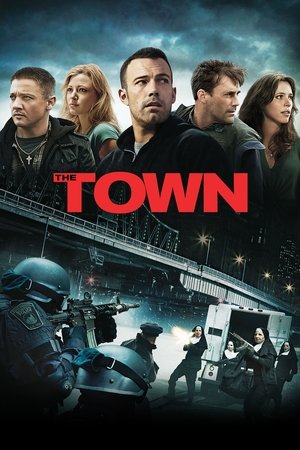
The Town
Welcome to the bank robbery capital of America.
2010 • 2h 5min • ★ 7.22/10 • United Kingdom
Directed by: Ben Affleck
Cast: Ben Affleck, Jeremy Renner, Rebecca Hall, Jon Hamm, Blake Lively
Doug MacRay is a longtime thief, who, smarter than the rest of his crew, is looking for his chance to exit the game. When a bank job leads to the group kidnapping an attractive branch manager, he takes on the role of monitoring her – but their burgeoning relationship threatens to unveil the identities of Doug and his crew to the FBI Agent who is on their case.
The Town is a tense and gripping heist film directed by and starring Ben Affleck.
The film is set in the Charlestown neighborhood of Boston, known for its high rate of bank robberies, and follows a group of career criminals as they plan their next job while being pursued by the FBI.
What makes The Town stand out is its exceptional attention to detail and its exploration of the complex relationships between its characters.
Affleck’s direction is confident and assured, with a focus on creating a sense of place and atmosphere that perfectly captures the gritty, blue-collar world of Charlestown.
The film’s action sequences are expertly crafted, but it’s the quieter moments that really shine, as the characters reveal their vulnerabilities and motivations.
The performances in the film are exceptional across the board, with standout turns from Affleck, Jeremy Renner, and Rebecca Hall.
Renner, in particular, is a standout as Affleck’s best friend and partner in crime, delivering a nuanced and complex performance that is both terrifying and empathetic.
What sets The Town apart from other heist films is its exploration of the themes of loyalty and redemption.
The film asks tough questions about what it means to be loyal to your friends and family, and whether it’s possible to escape the cycle of violence and crime that can trap people in certain neighborhoods.
- Dutch, English, French, German, Romanian (Subtitles)
Training Day (2001)
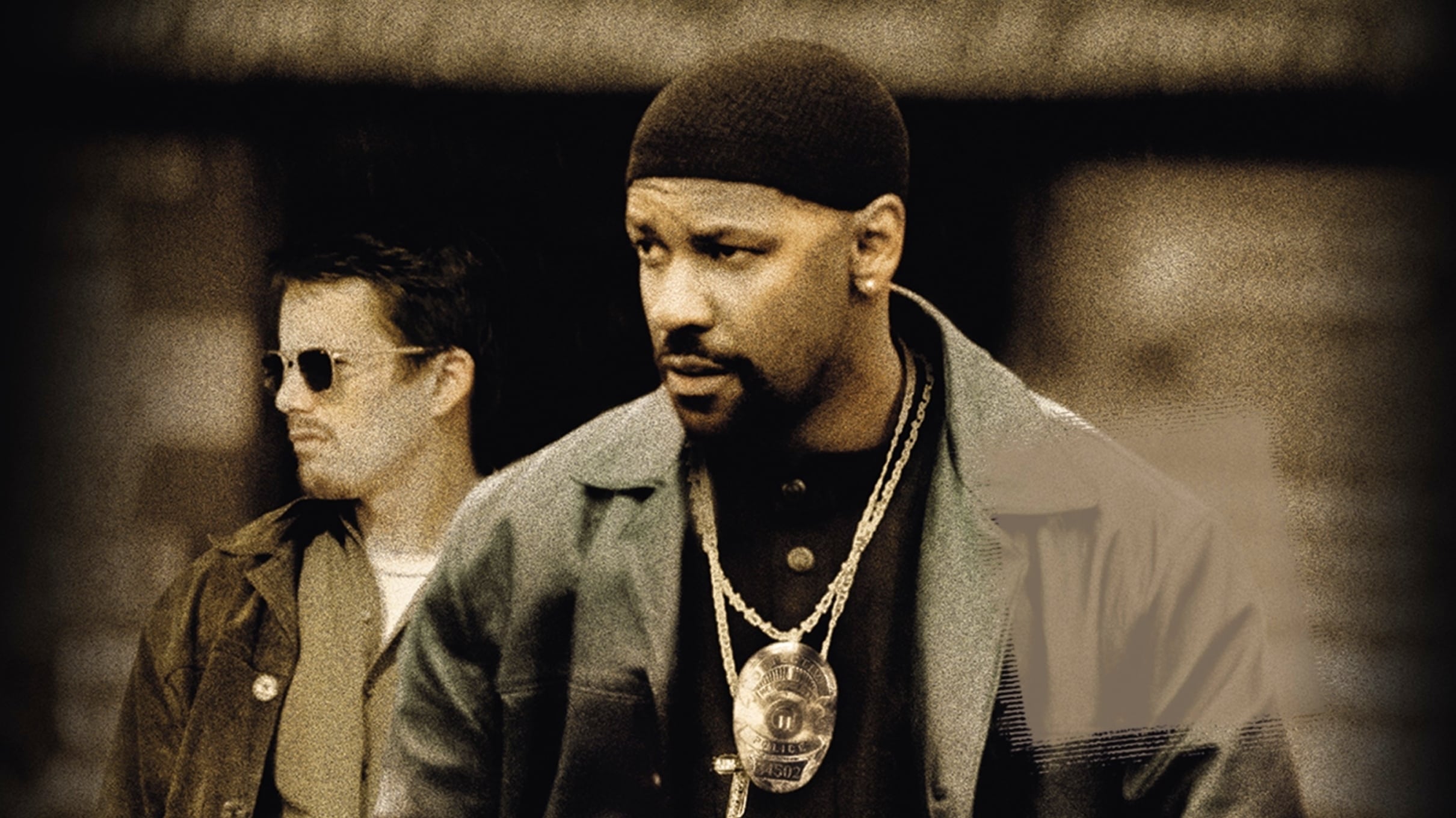

Training Day
The only thing more dangerous than the line being crossed, is the cop who will cross it.
2001 • 2h 2min • ★ 7.506/10 • United States of America
Directed by: Antoine Fuqua
Cast: Denzel Washington, Ethan Hawke, Scott Glenn, Tom Berenger, Harris Yulin
On his first day on the job as a narcotics officer, a rookie cop works with a rogue detective who isn't what he appears.
Training Day is a gritty and intense crime thriller directed by Antoine Fuqua and starring Denzel Washington and Ethan Hawke.
The film follows a rookie cop on his first day in the narcotics division of the LAPD, where he is paired with a veteran detective who may not be what he seems.
What sets Training Day apart is its unflinching look at the corrupt and violent underbelly of the LAPD, and the exceptional performances from Washington and Hawke.
Washington delivers a career-defining performance as Alonzo Harris, a charismatic but ruthless detective who will stop at nothing to get what he wants.
Hawke, meanwhile, is equally impressive as Jake Hoyt, the rookie cop who must navigate Alonzo’s dangerous world while trying to maintain his own moral compass.
The film’s screenplay, written by David Ayer, is a
The film’s pacing is expertly crafted, with a slow buildup to a thrilling and explosive climax that will leave you breathless.
What makes Training Day so powerful is its exploration of themes like power, corruption, and morality.
The film doesn’t shy away from showing the dark side of law enforcement, and the toll that a life of violence and corruption can take on even the most charismatic and confident individuals.
- Denzel Washington, Ethan Hawke, Scott Glenn (Actors)
- Antoine Fuqua (Director) - David Ayer (Writer) - Jeffrey Silver (Producer)
- Danish, Finnish, English, Italian, Norwegian (Subtitles)
Ready to learn about more Film History & Film Movements?




![The Godfather [Blu-ray] [1972] [Region Free]](https://m.media-amazon.com/images/I/51vHHq72OBL.jpg)

![The Godfather Part II [Blu-ray]](https://m.media-amazon.com/images/I/41vXp44bzeL.jpg)
![Fargo [Blu-ray] [1996]](https://m.media-amazon.com/images/I/51dgFwgVJYL.jpg)
![Scarface (1983) [Blu-ray]](https://m.media-amazon.com/images/I/51-HX6EuvlL.jpg)


![Reservoir Dogs (15th Anniversary Edition) [Blu-ray]](https://m.media-amazon.com/images/I/51q9+sISM+L.jpg)

![Heat (Remastered) [Blu-ray] [1995]](https://m.media-amazon.com/images/I/5114-f6ZeeL.jpg)
![Usual Suspects, The [Blu-ray]](https://m.media-amazon.com/images/I/518CNRpS0cL.jpg)
![The Departed - Il Bene E Il Male [Italian Edition]](https://m.media-amazon.com/images/I/51FqWFiOPWL.jpg)
![Touch of Evil (1958) (Masters of Cinema) [Blu-ray]](https://m.media-amazon.com/images/I/51C+S7Fse1L.jpg)

![Lock, Stock And Two Smoking Barrels [Blu-ray]](https://m.media-amazon.com/images/I/51Oh-hLBr7L.jpg)
![Snatch [Blu-ray]](https://m.media-amazon.com/images/I/51GWBCc319L.jpg)

![Casino [Blu-ray]](https://m.media-amazon.com/images/I/51WZ87COQZL.jpg)
![Vertigo [Blu-ray] [1958] [Region Free] (1955) (Import)](https://m.media-amazon.com/images/I/51nh7q+PKDL.jpg)
![Badlands (The Criterion Collection) [Blu-ray]](https://m.media-amazon.com/images/I/51A53RC6YKL.jpg)
![Rashomon (Blu-ray) [1950]](https://m.media-amazon.com/images/I/51r2q-LgL5L.jpg)
![Double Indemnity [Masters of Cinema] (Blu-ray) [1944]](https://m.media-amazon.com/images/I/51E0P2zMDRL.jpg)
![Get Carter [Blu-ray] [1971]](https://m.media-amazon.com/images/I/51qe2+vE41L.jpg)
![GoodFellas [Blu-ray] by Warner Home Video](https://m.media-amazon.com/images/I/51keMv3AqeL.jpg)

![The Conversation [1974] [Blu-ray]](https://m.media-amazon.com/images/I/61LWcqGkDRL.jpg)
![The Killing (The Criterion Collection) [Blu-ray]](https://m.media-amazon.com/images/I/51i2BszRhXL.jpg)
![The Town [Blu-ray] [2010] [Region Free]](https://m.media-amazon.com/images/I/51AlBILuLwL.jpg)
![Training Day [Blu-ray]](https://m.media-amazon.com/images/I/51jpwK8TwCL.jpg)
